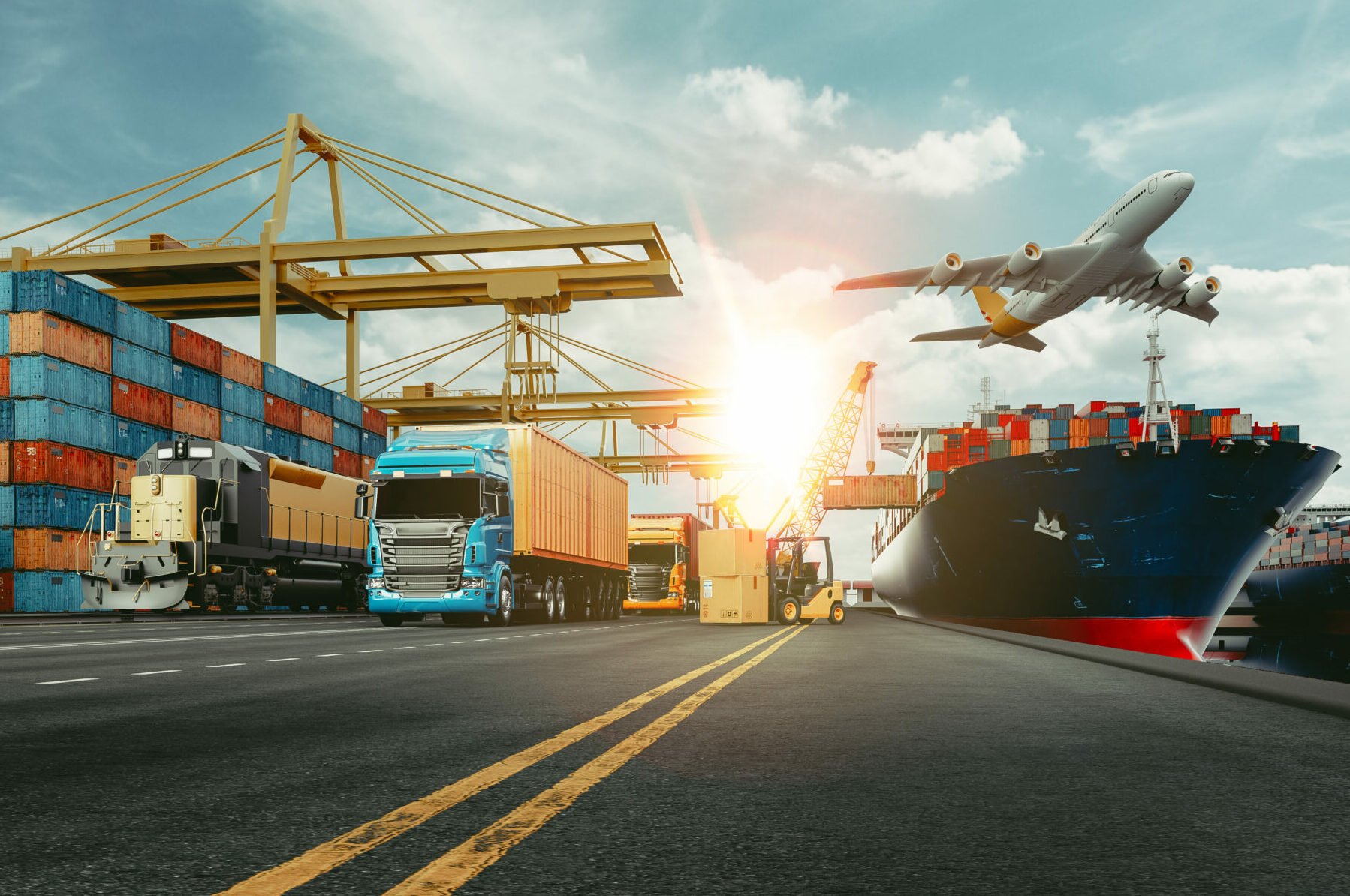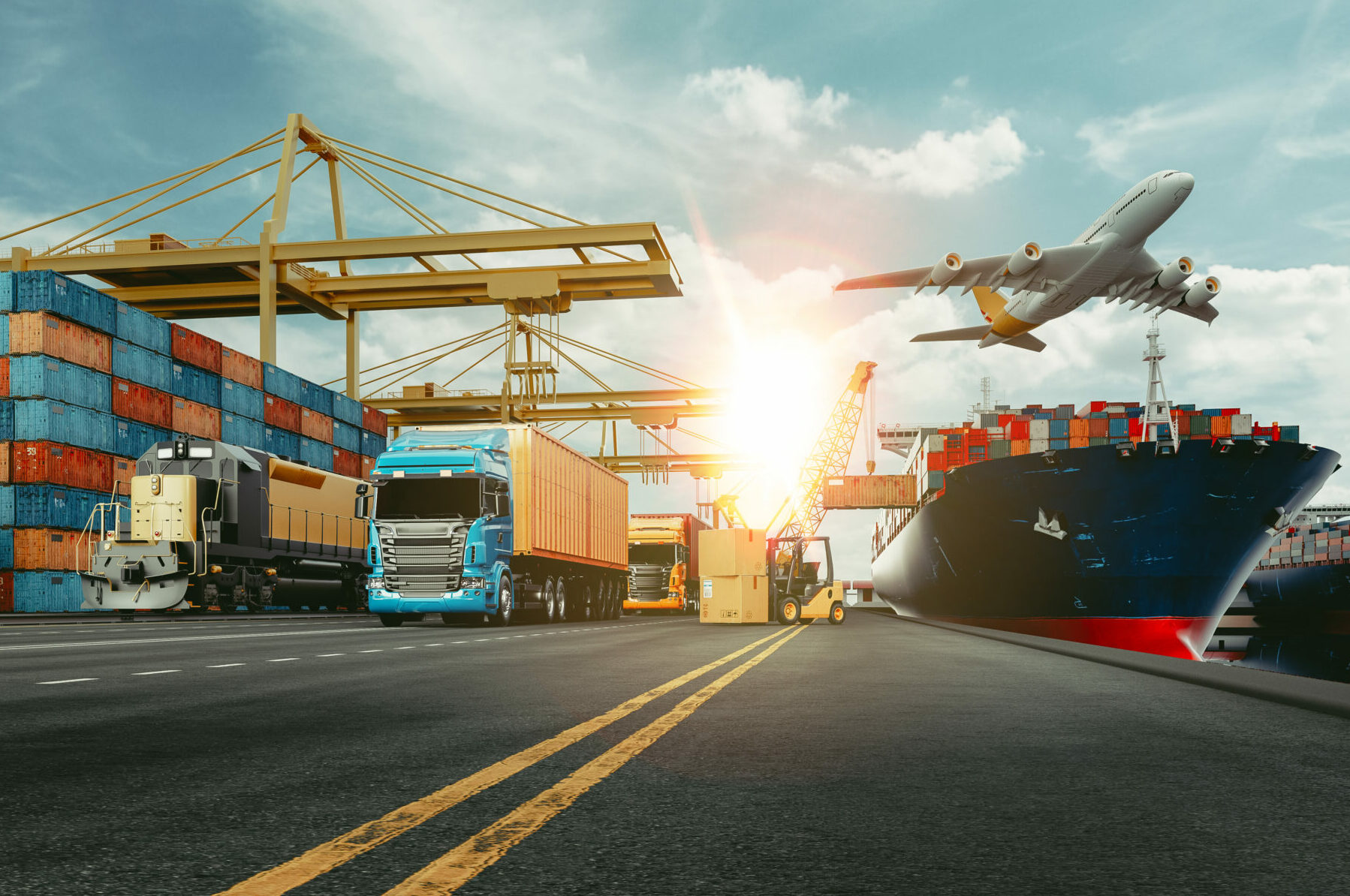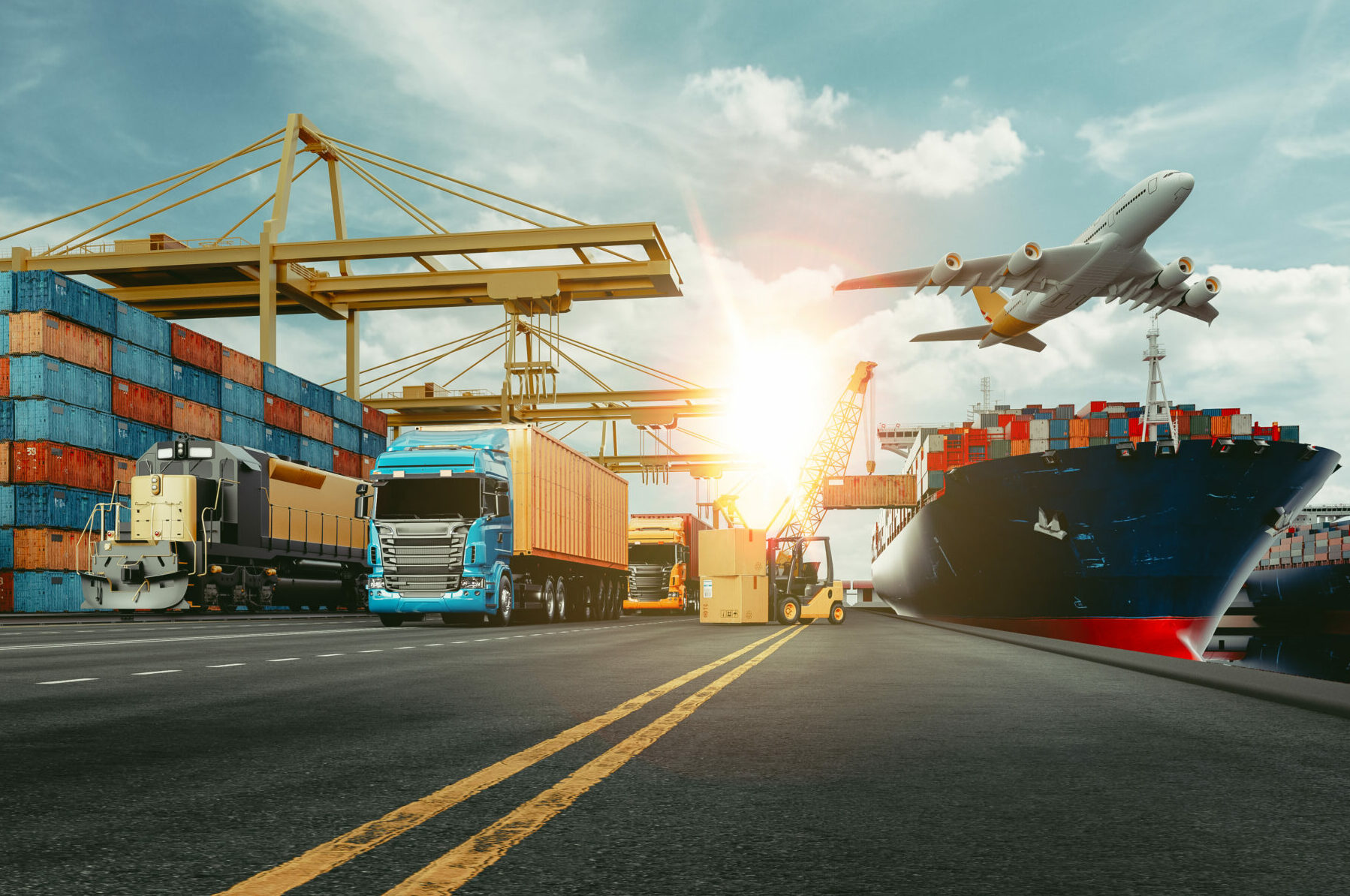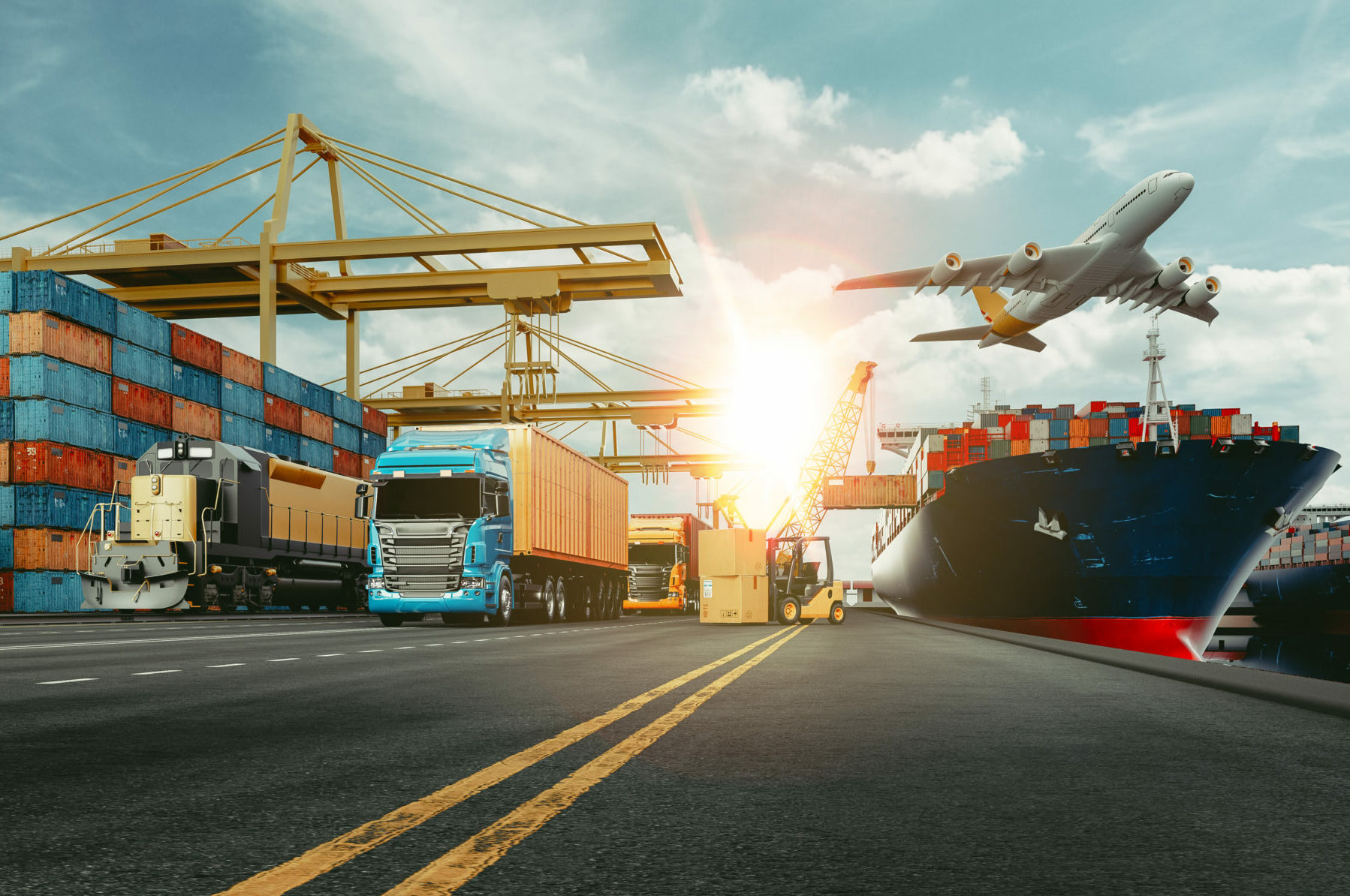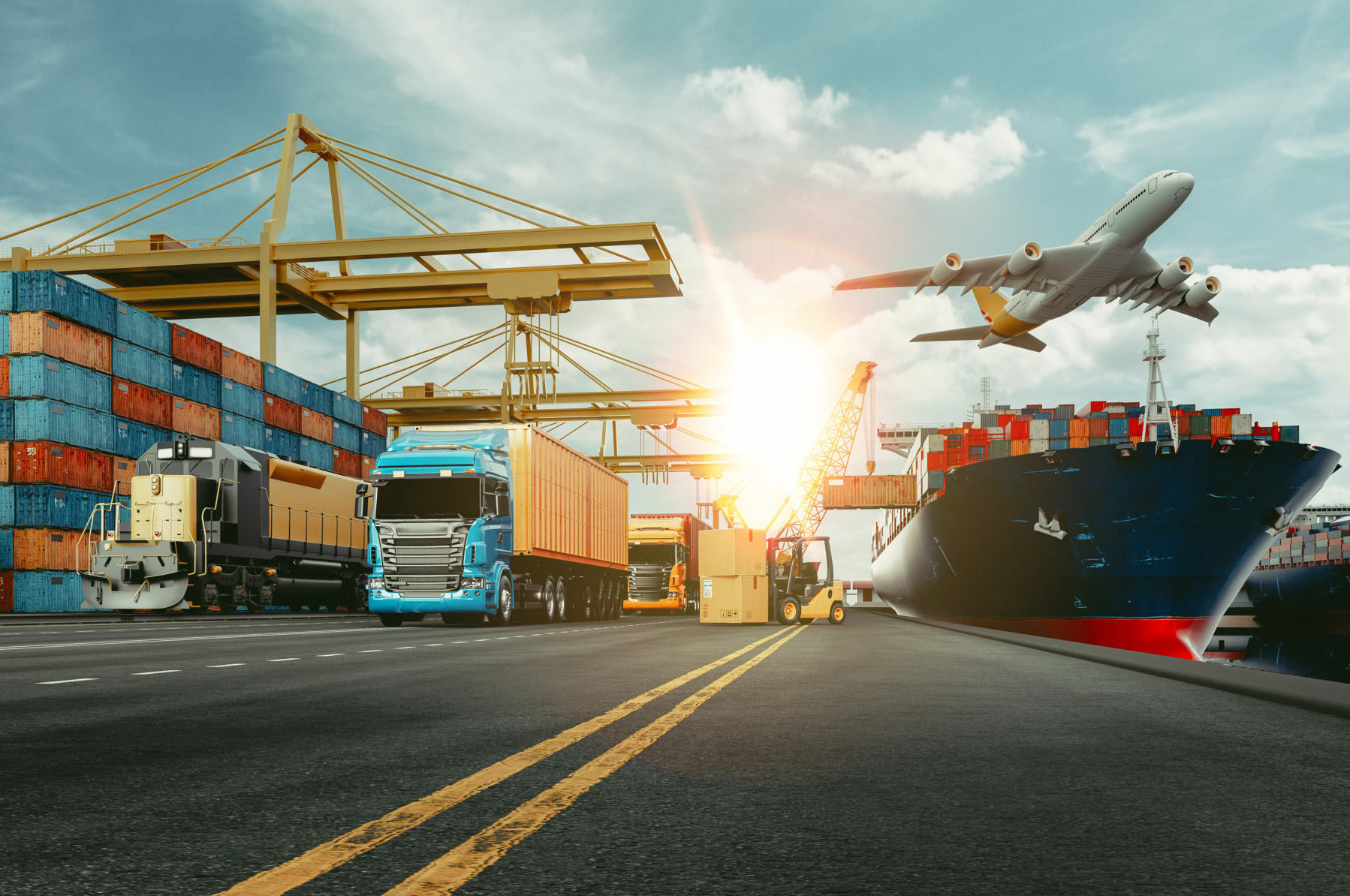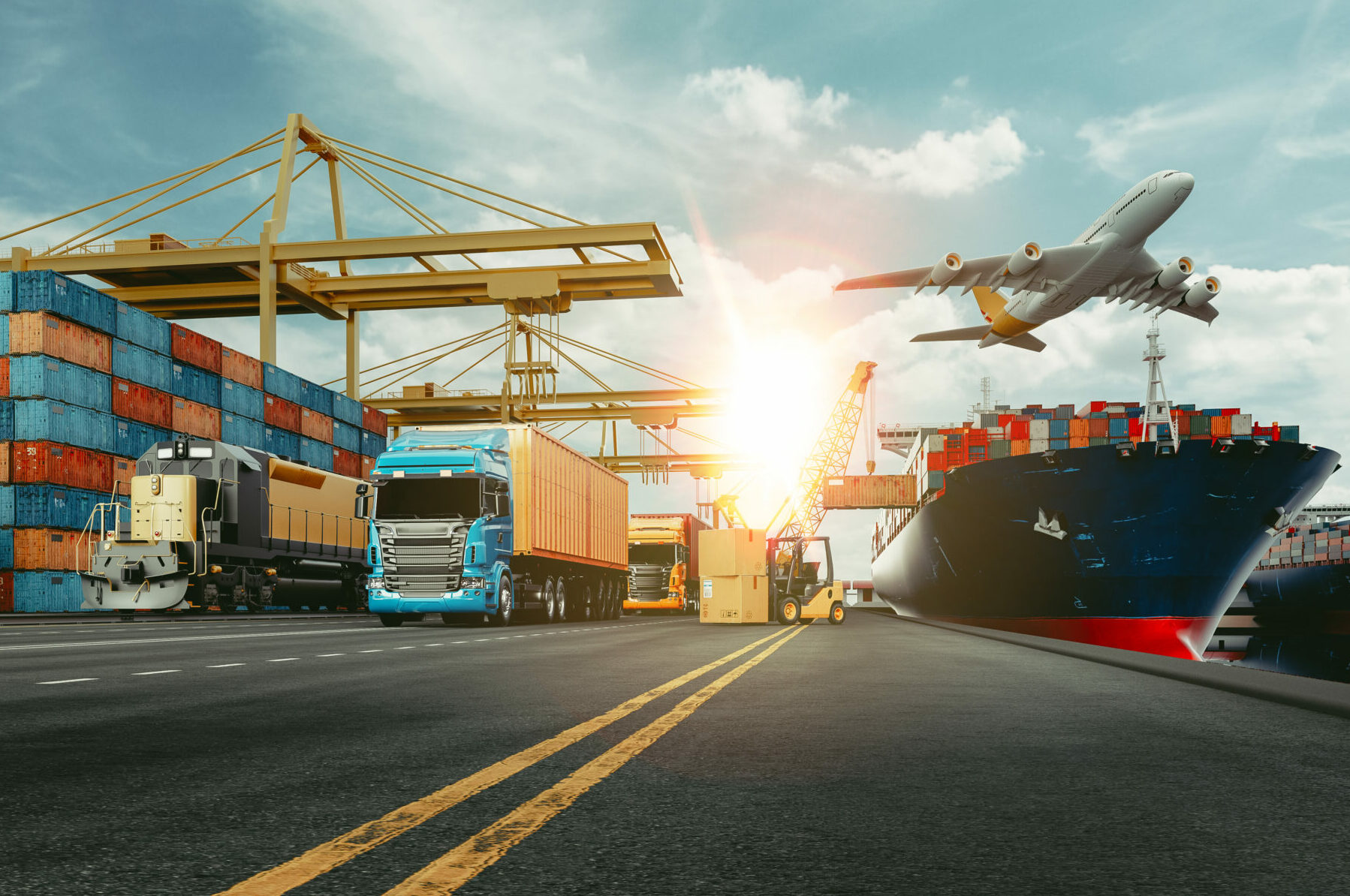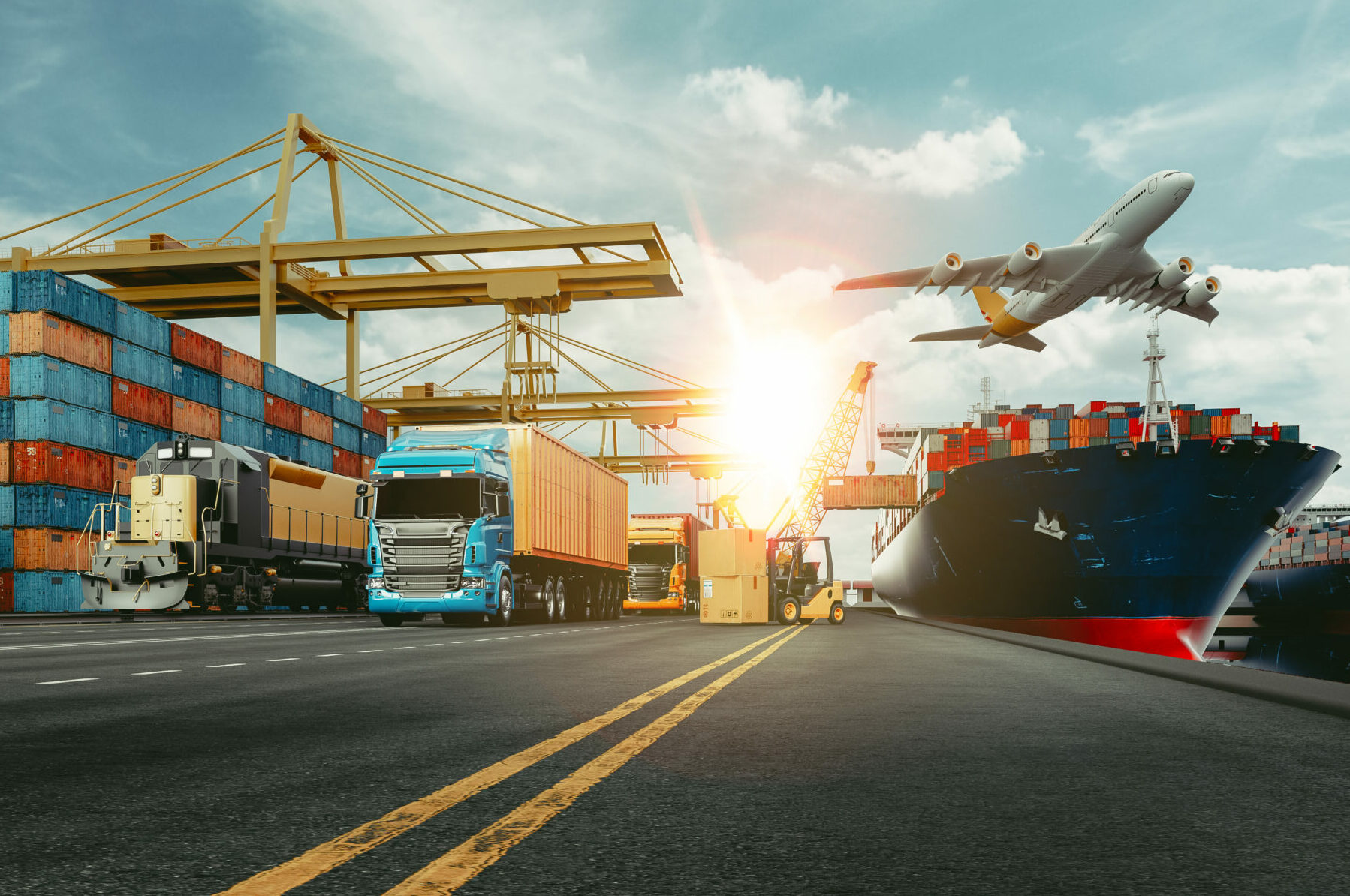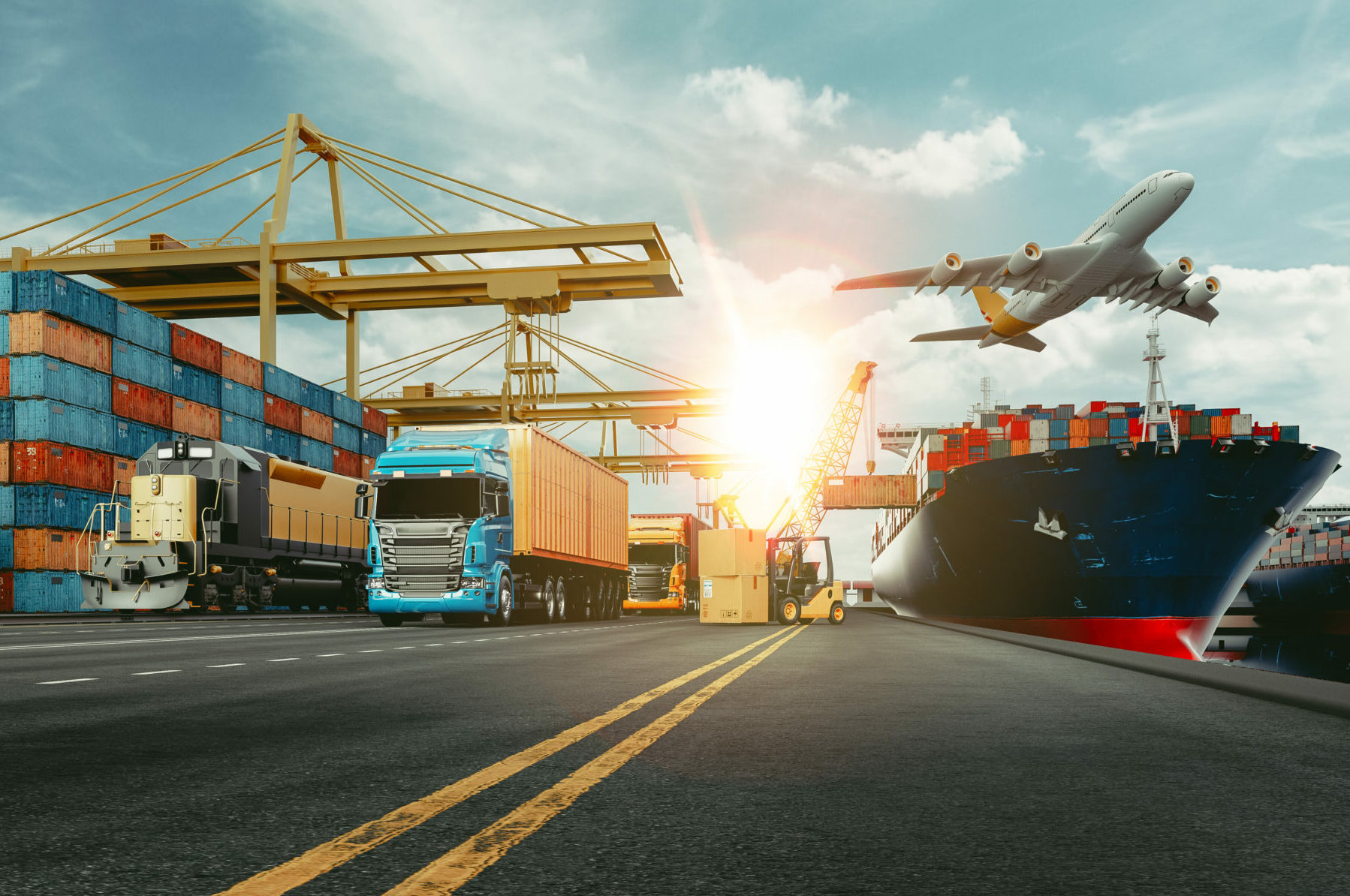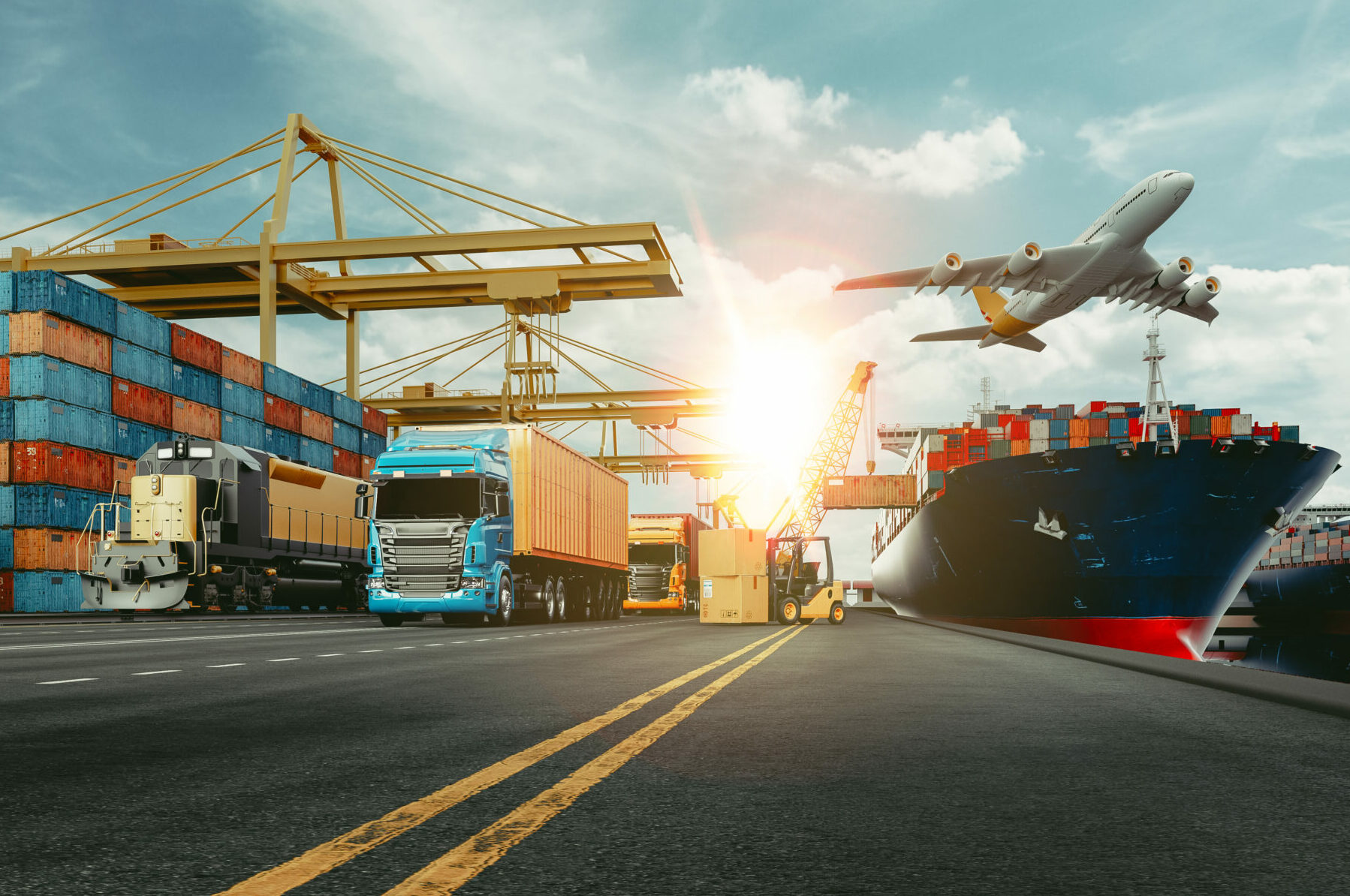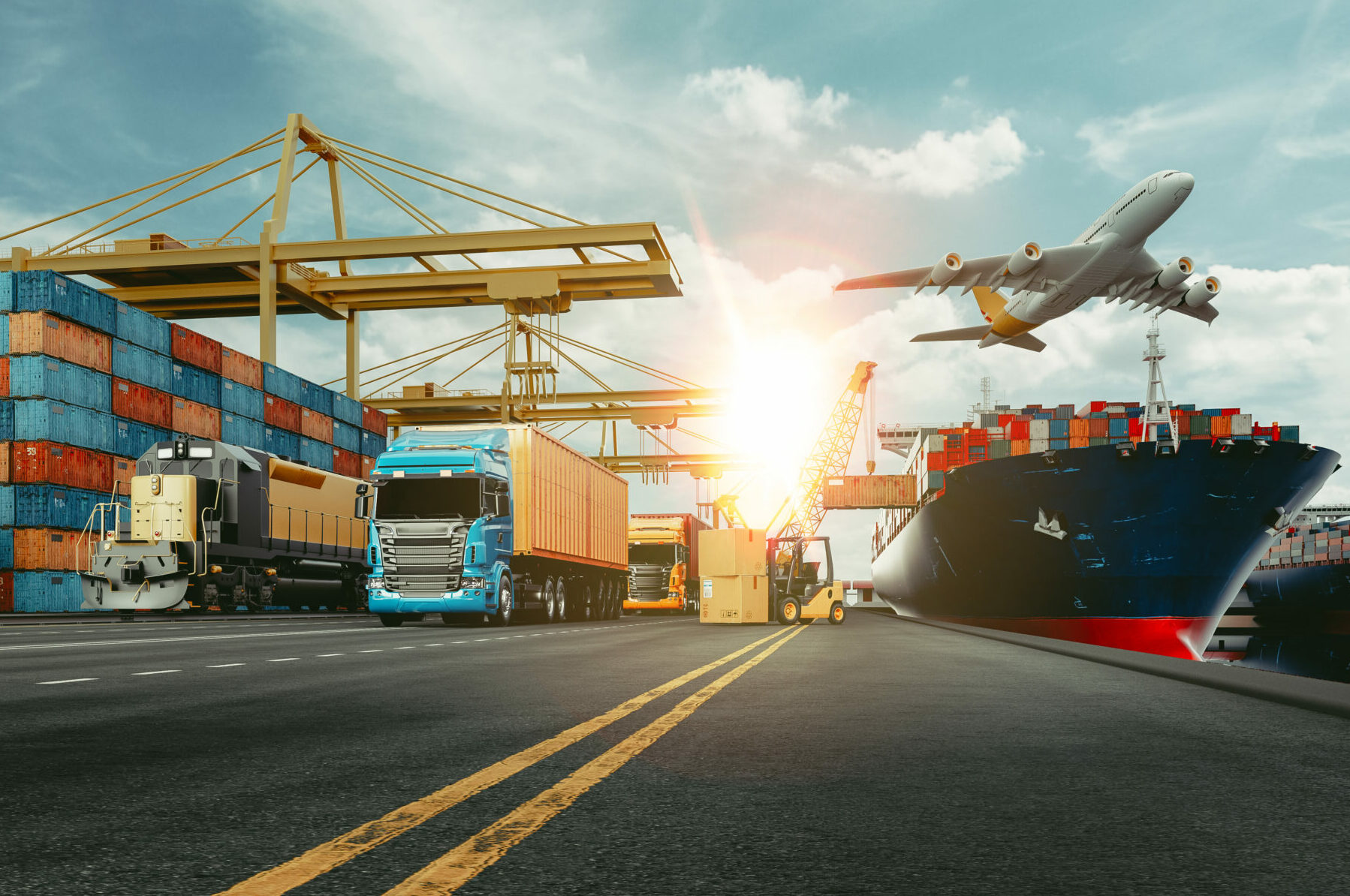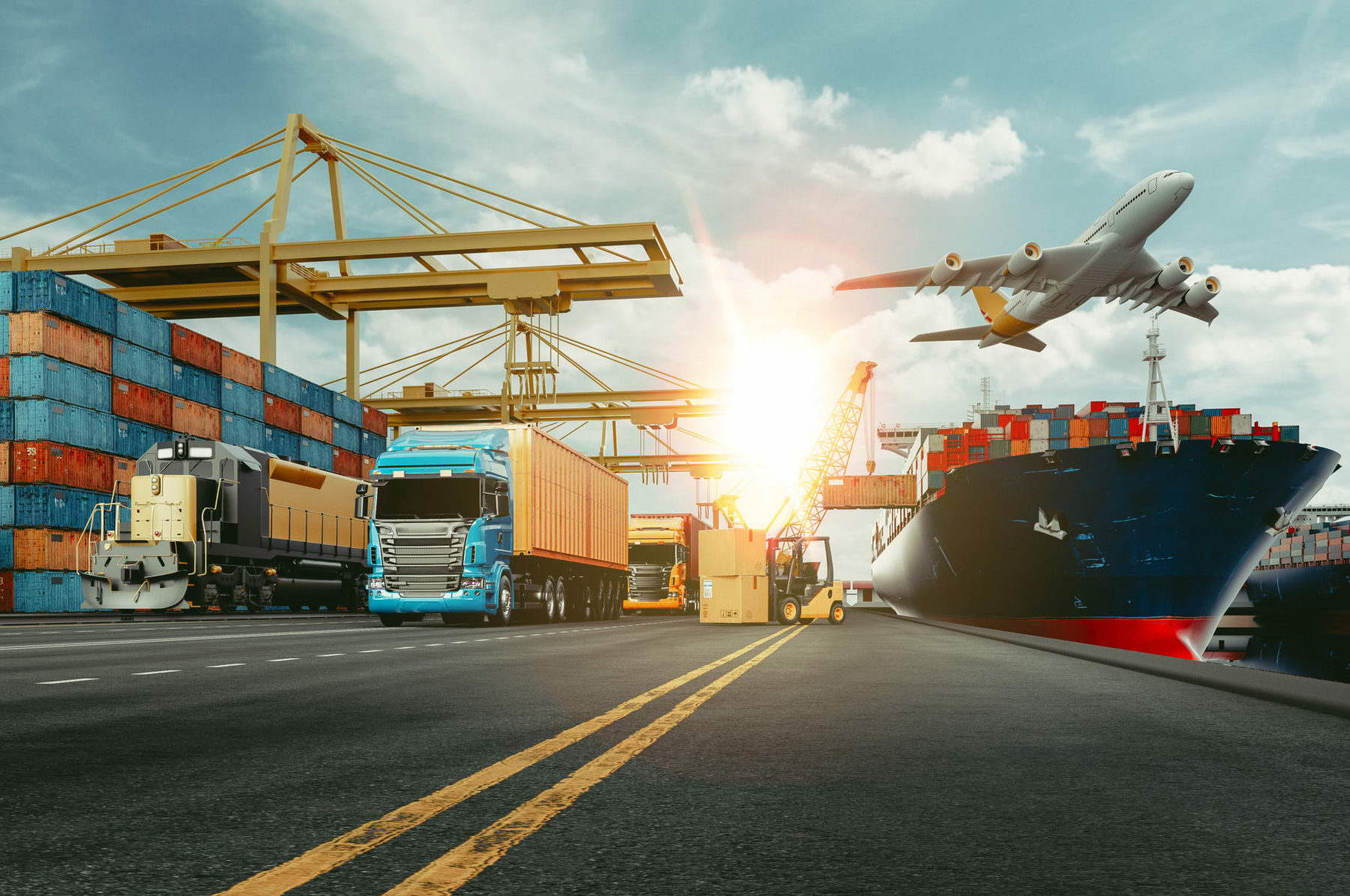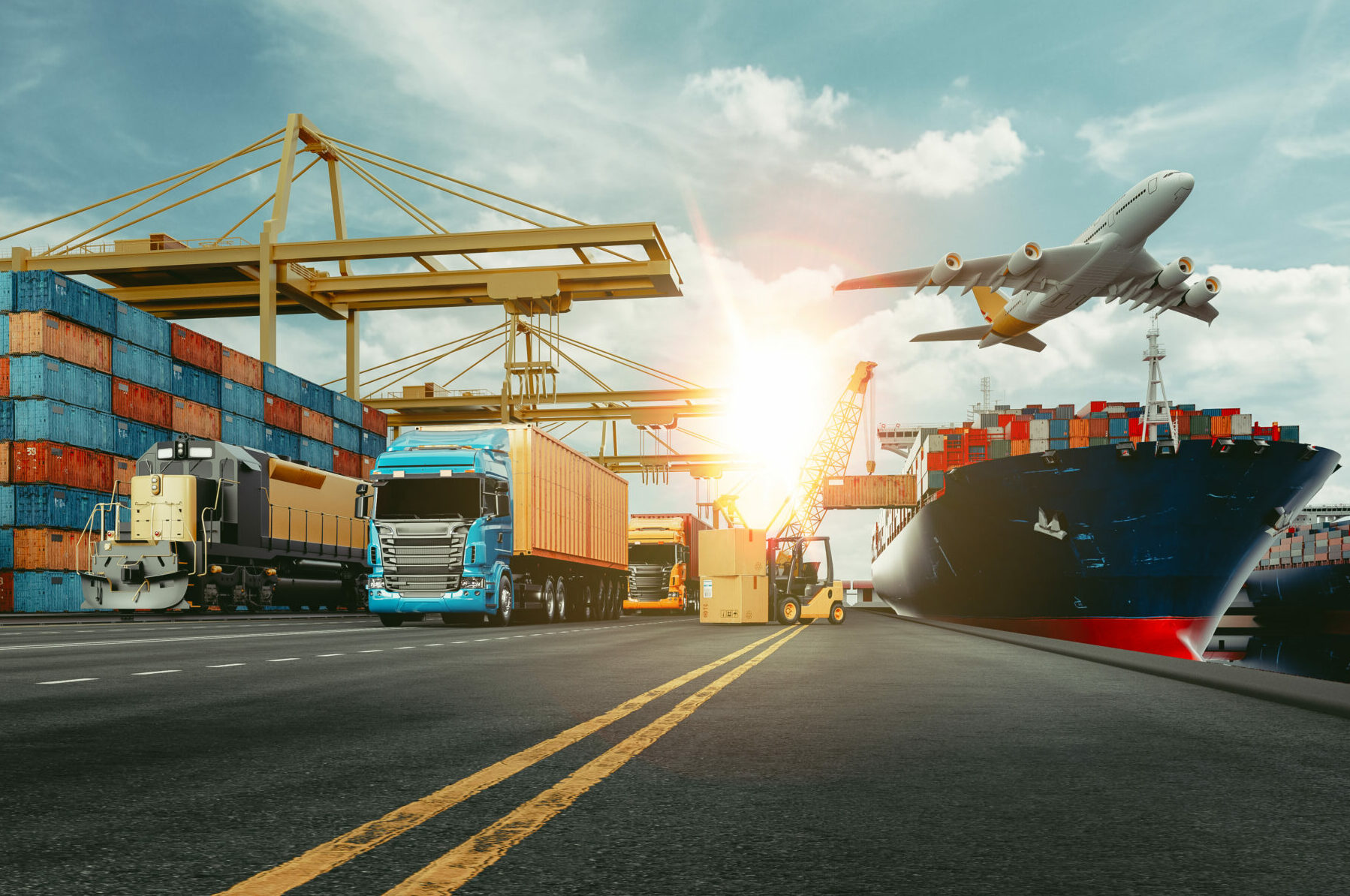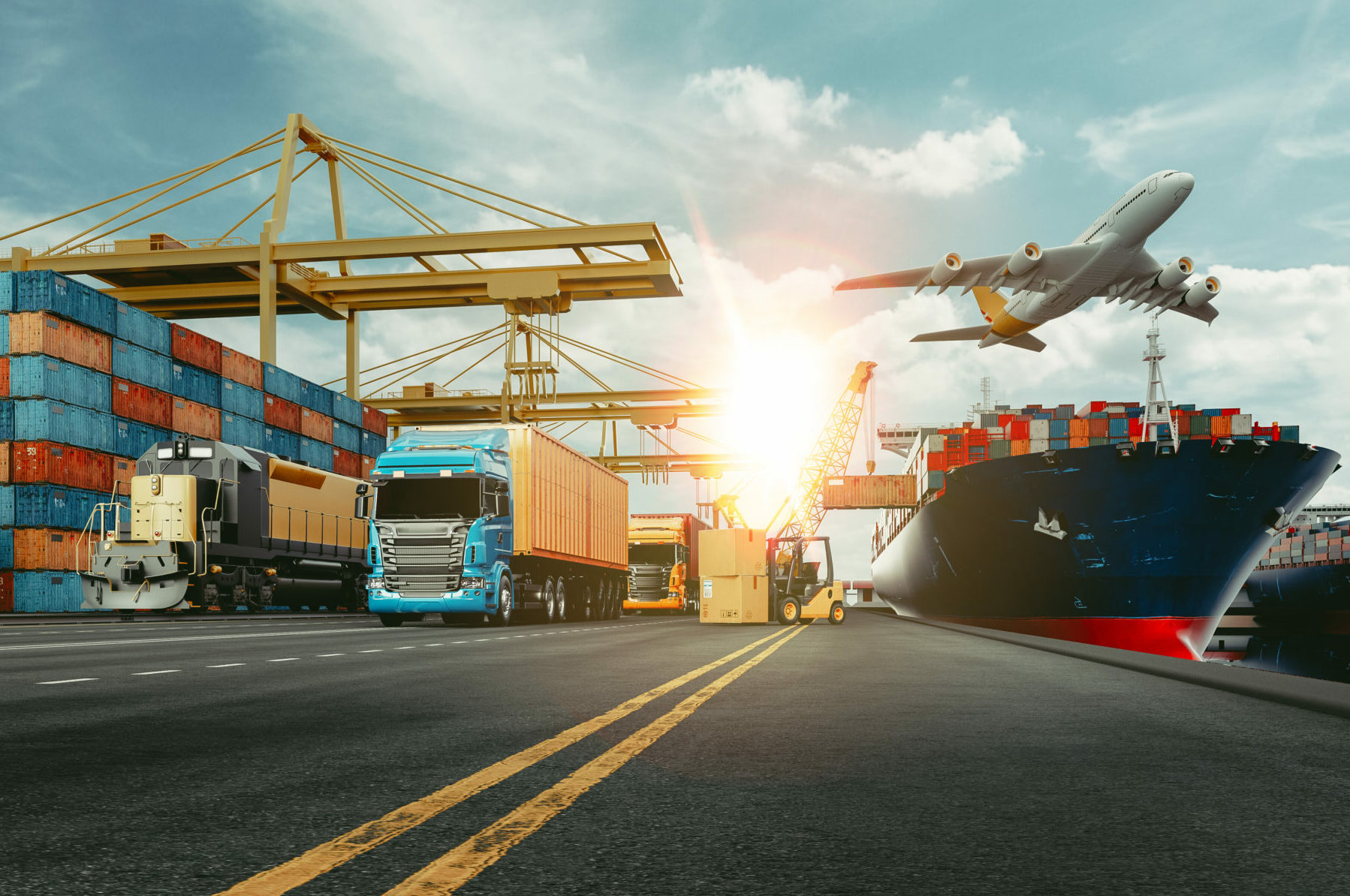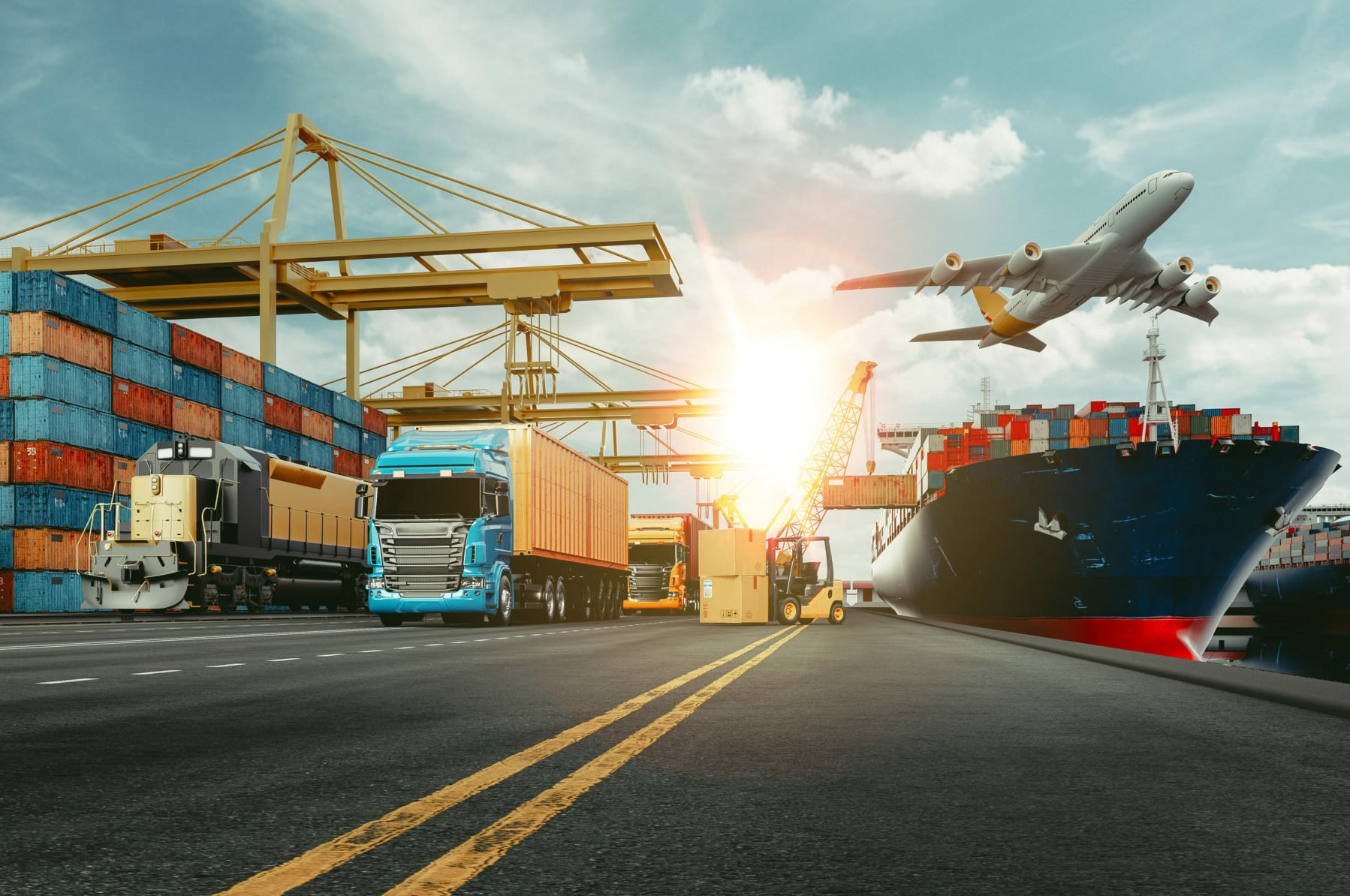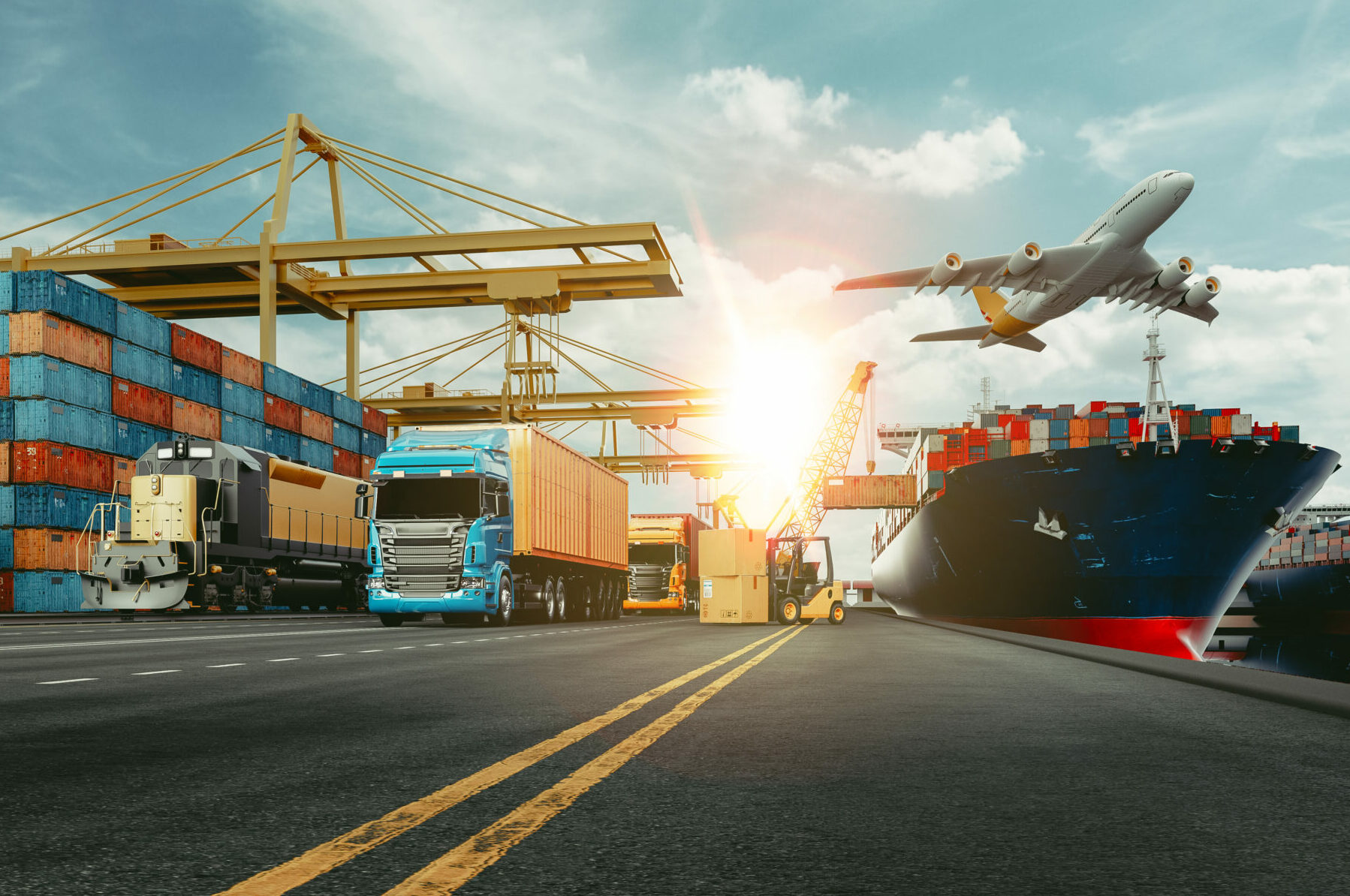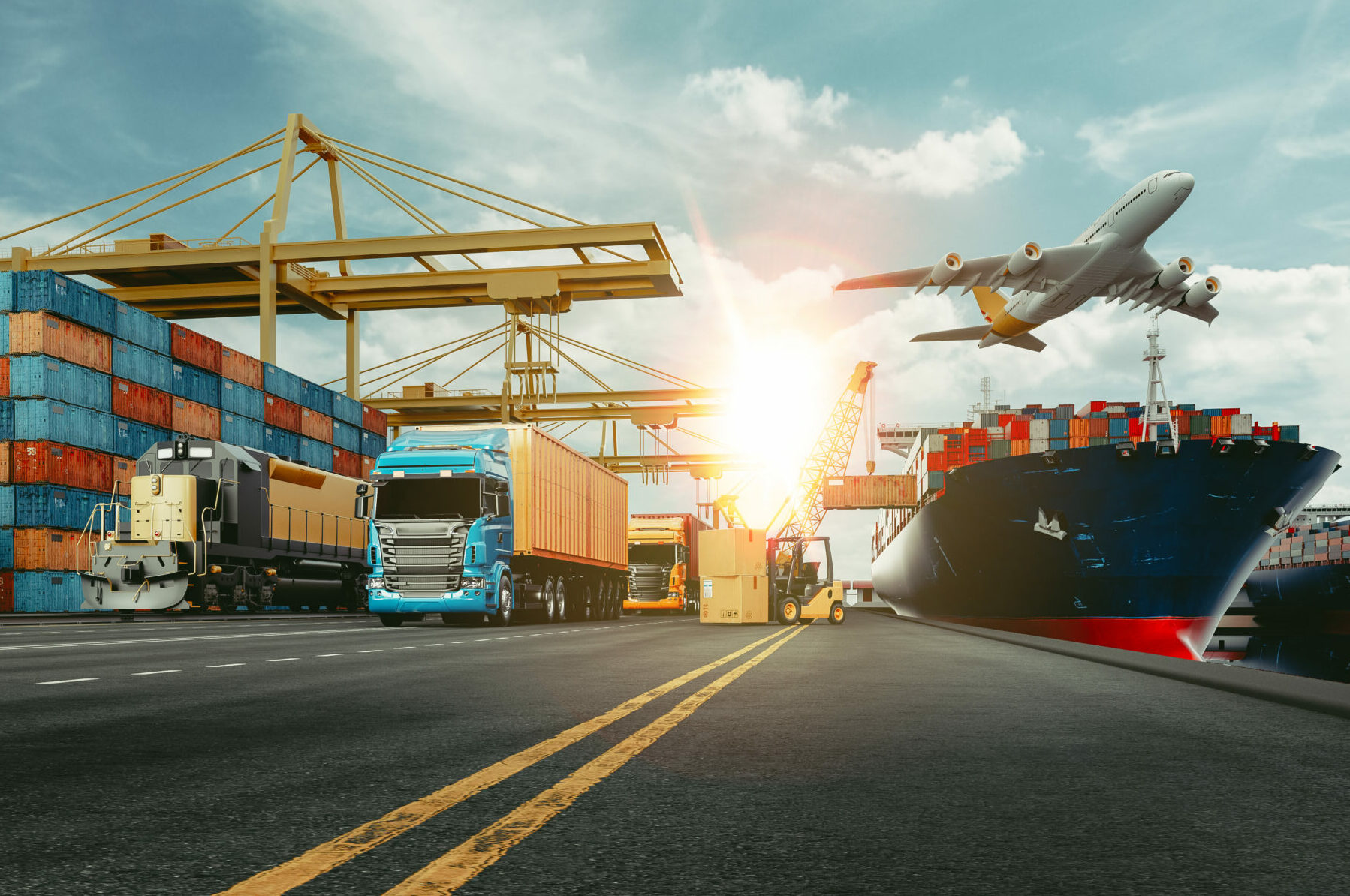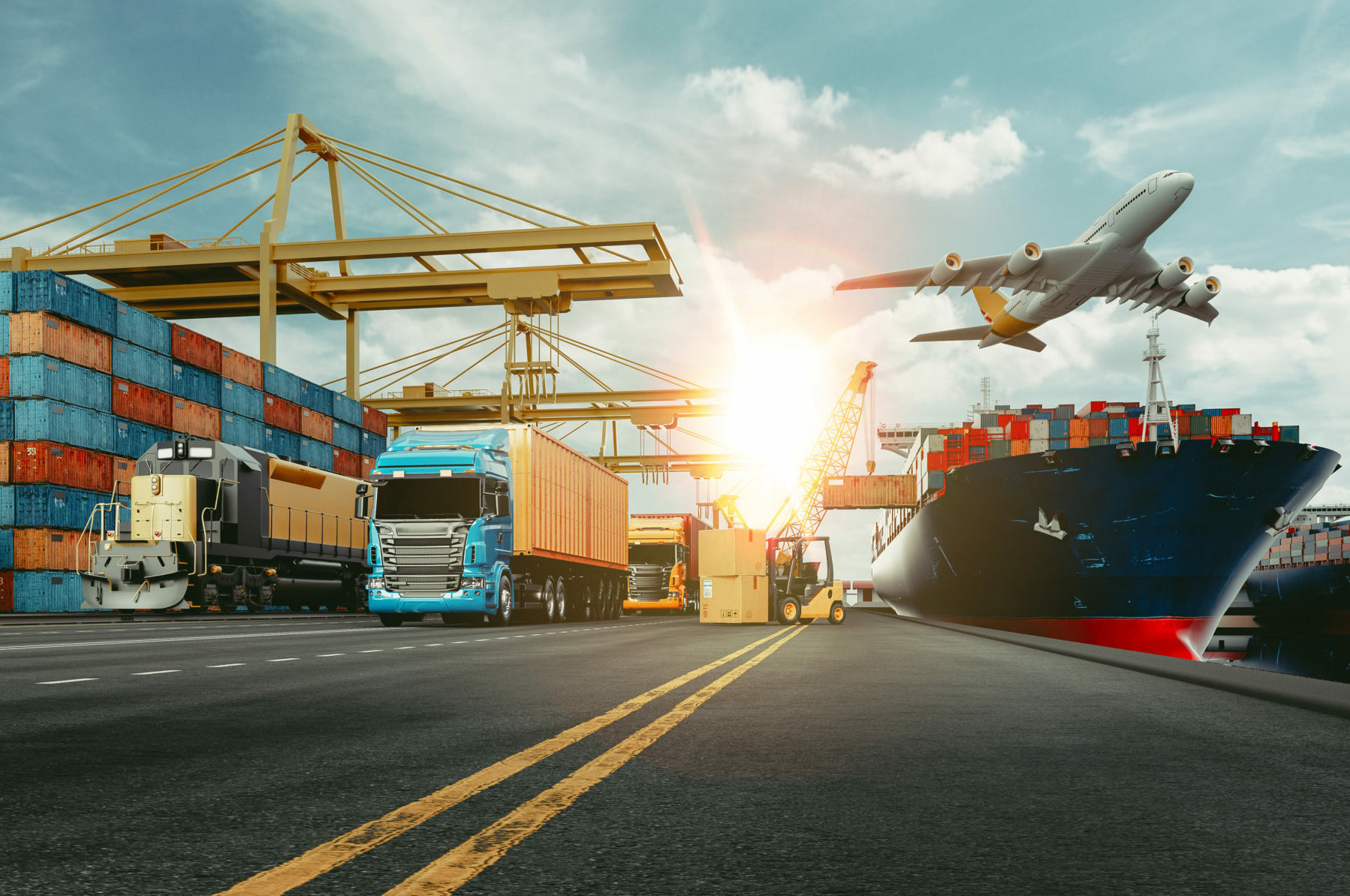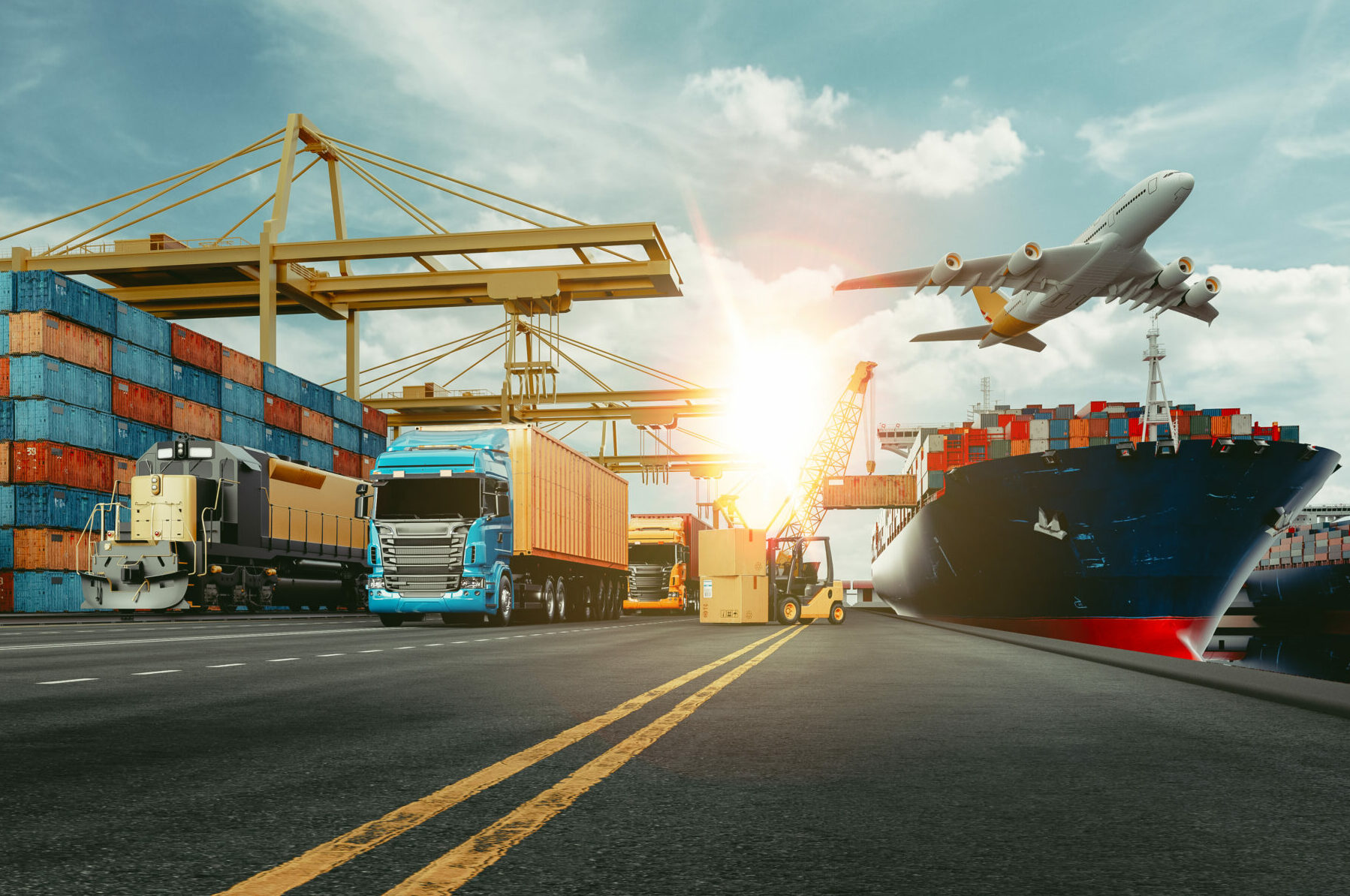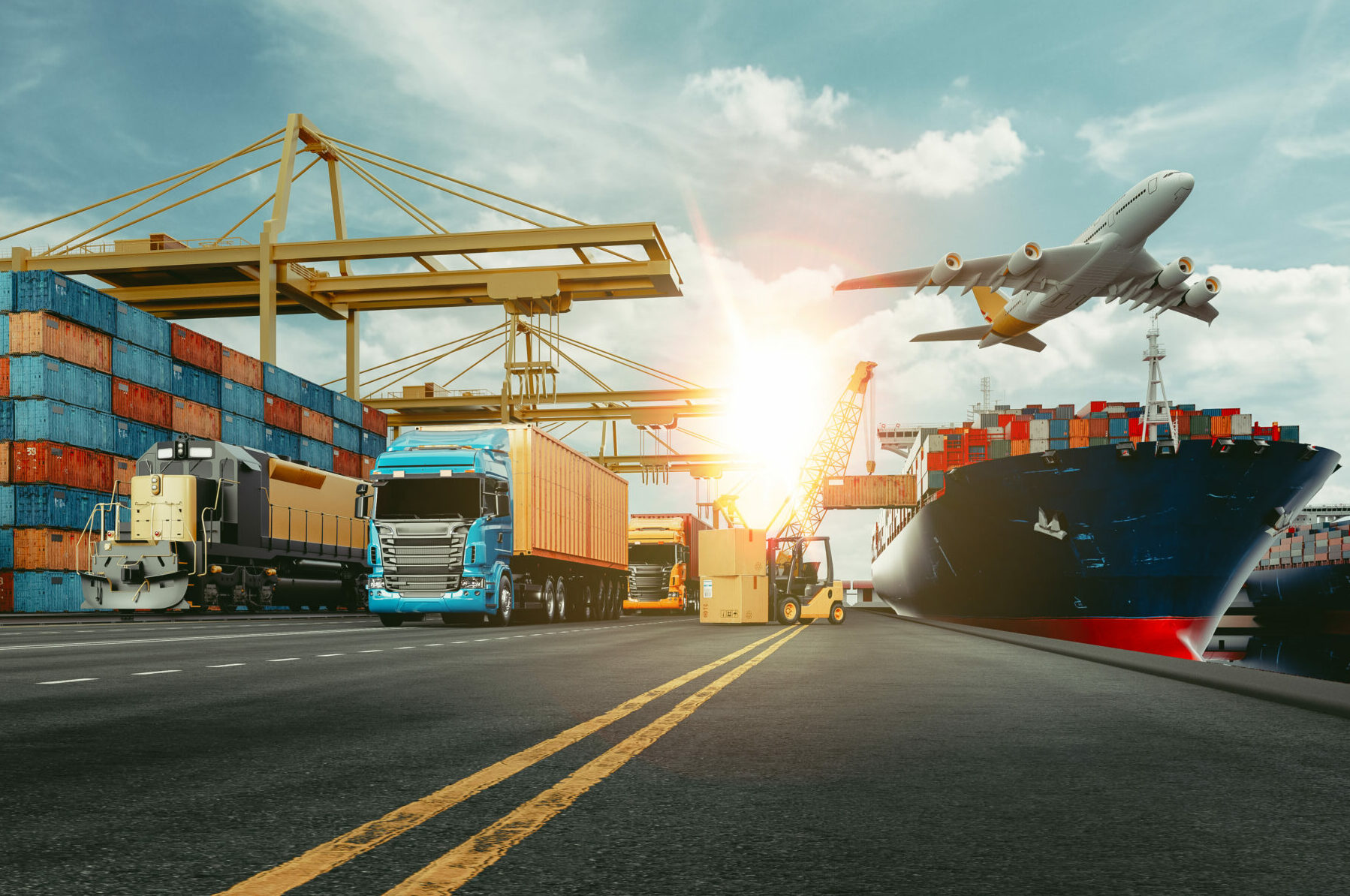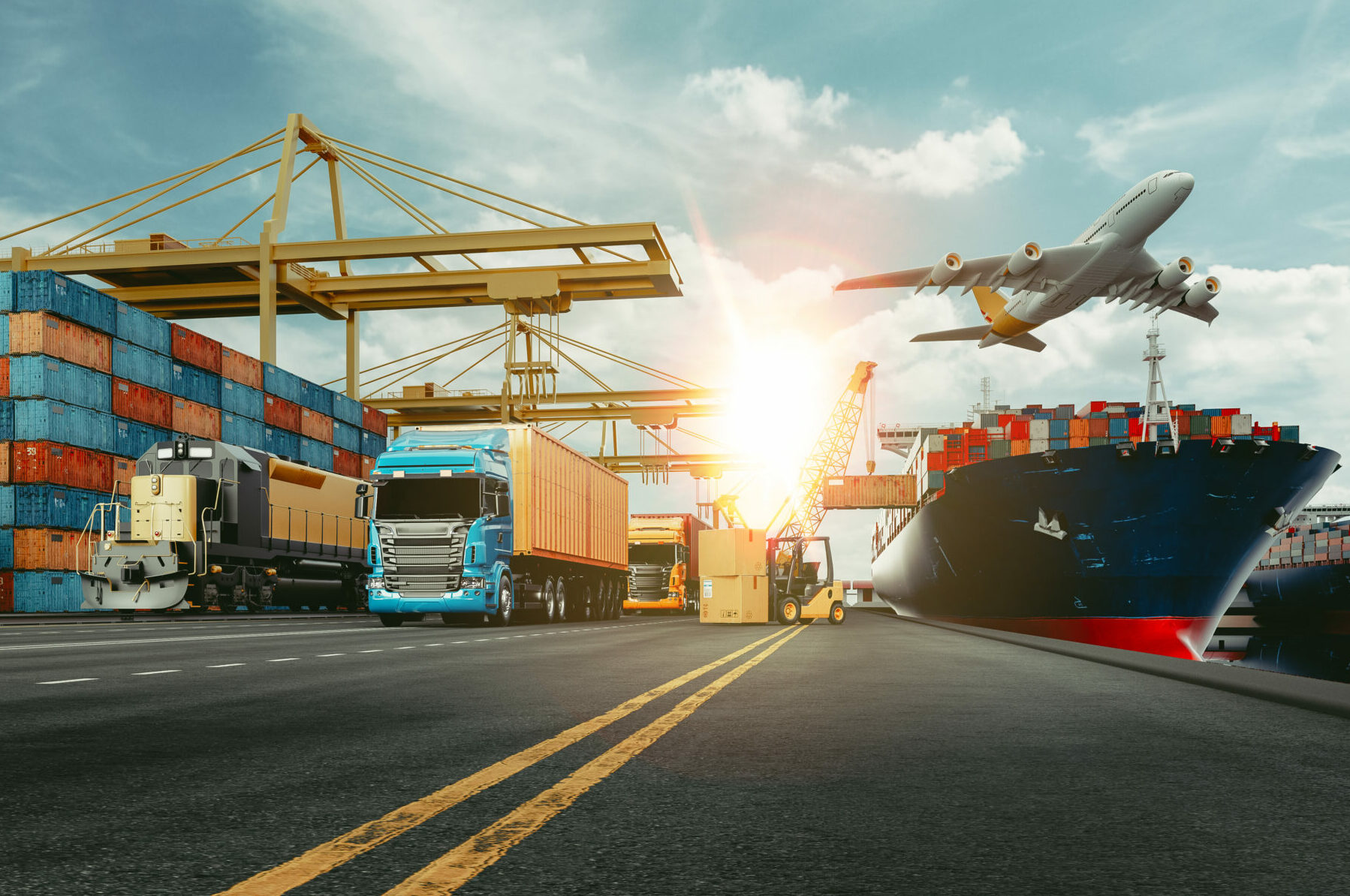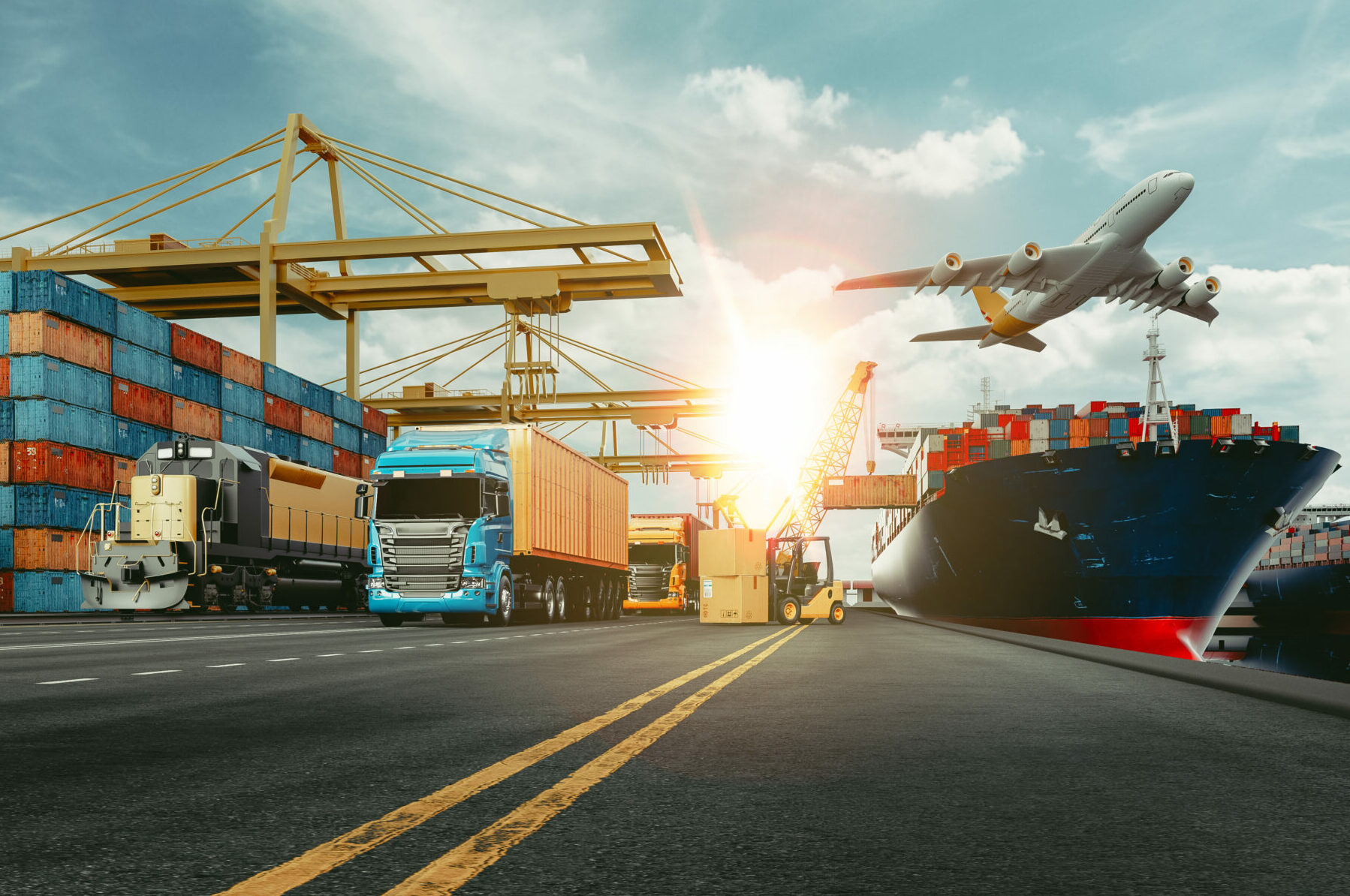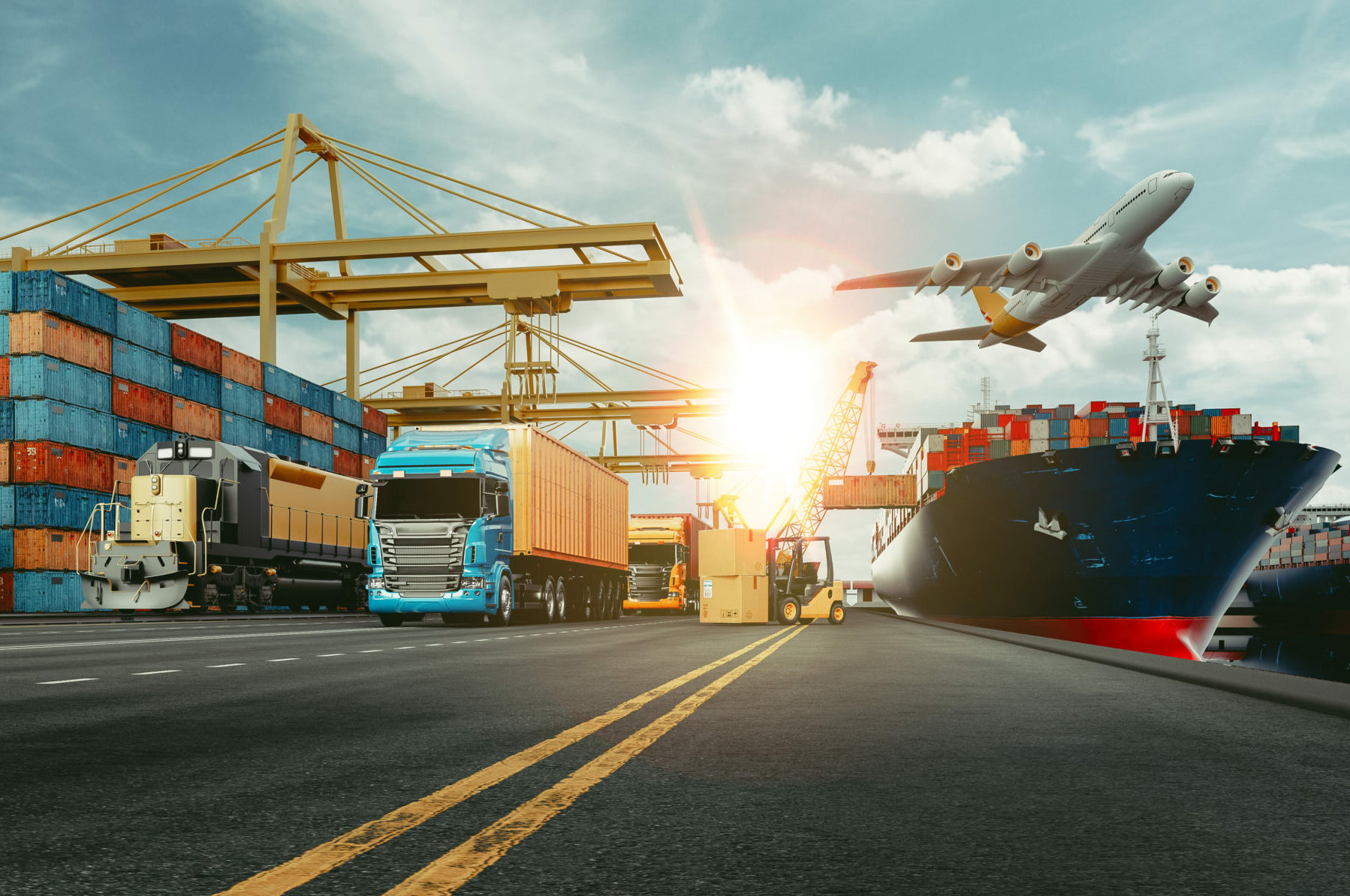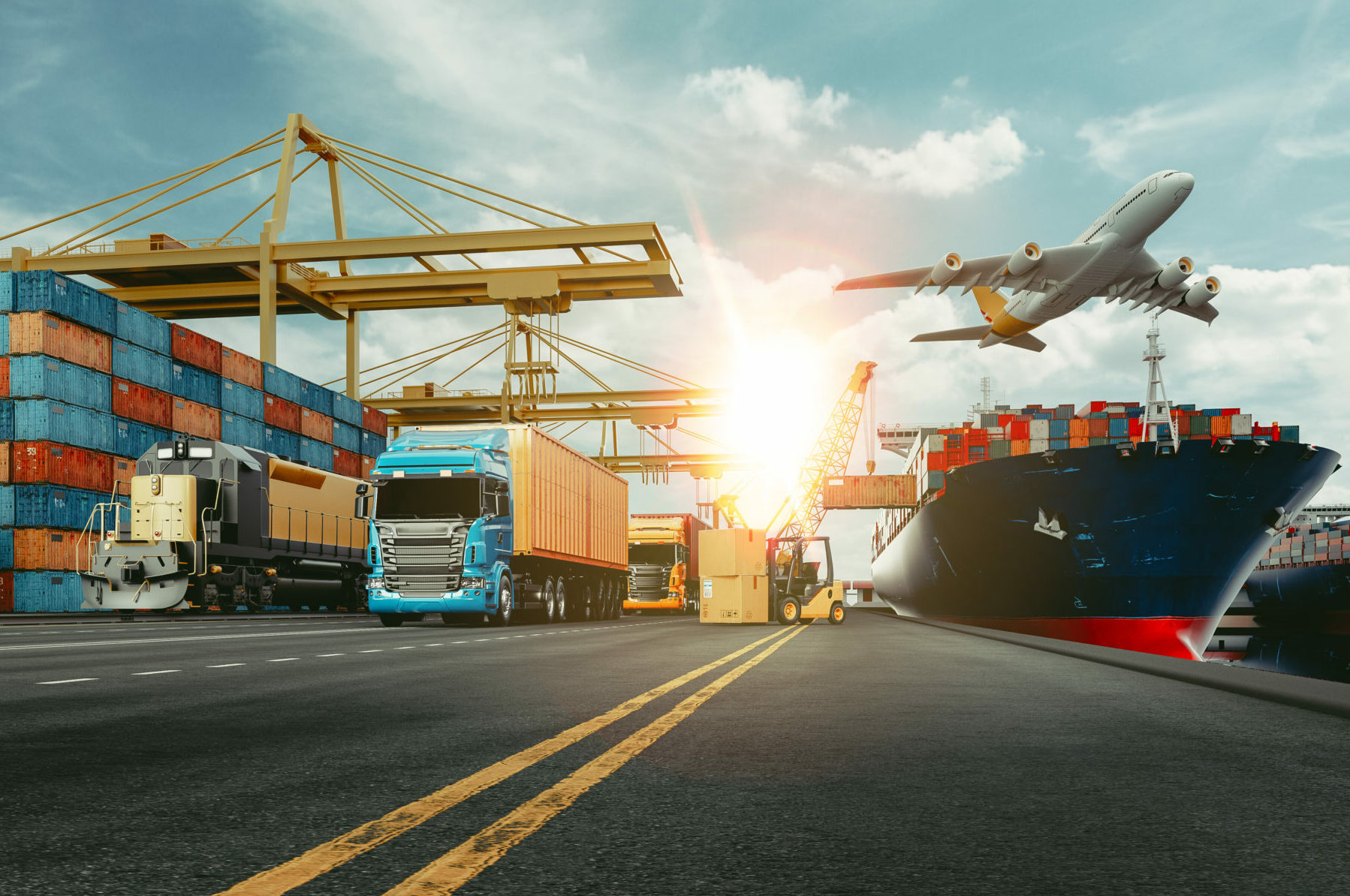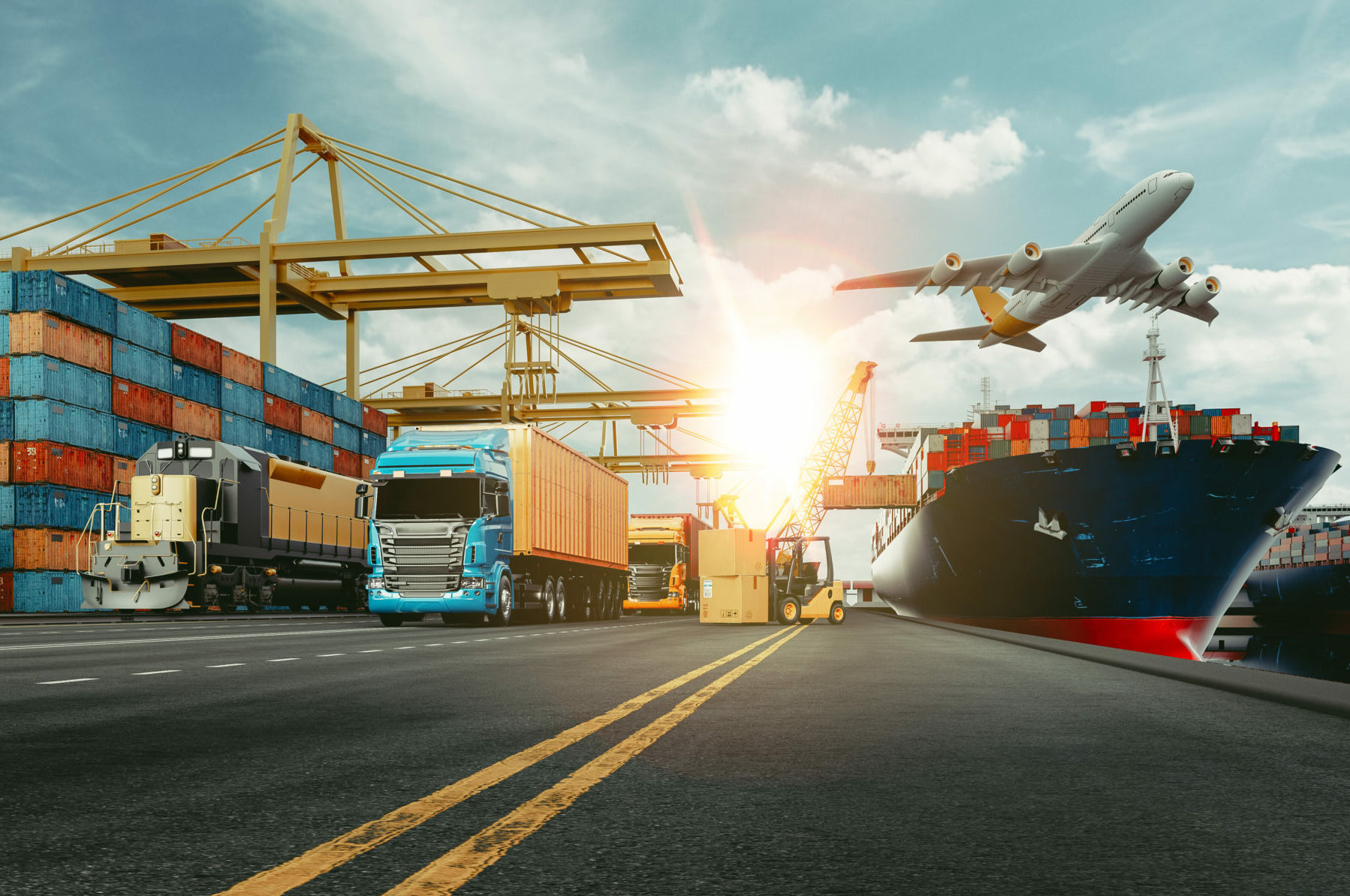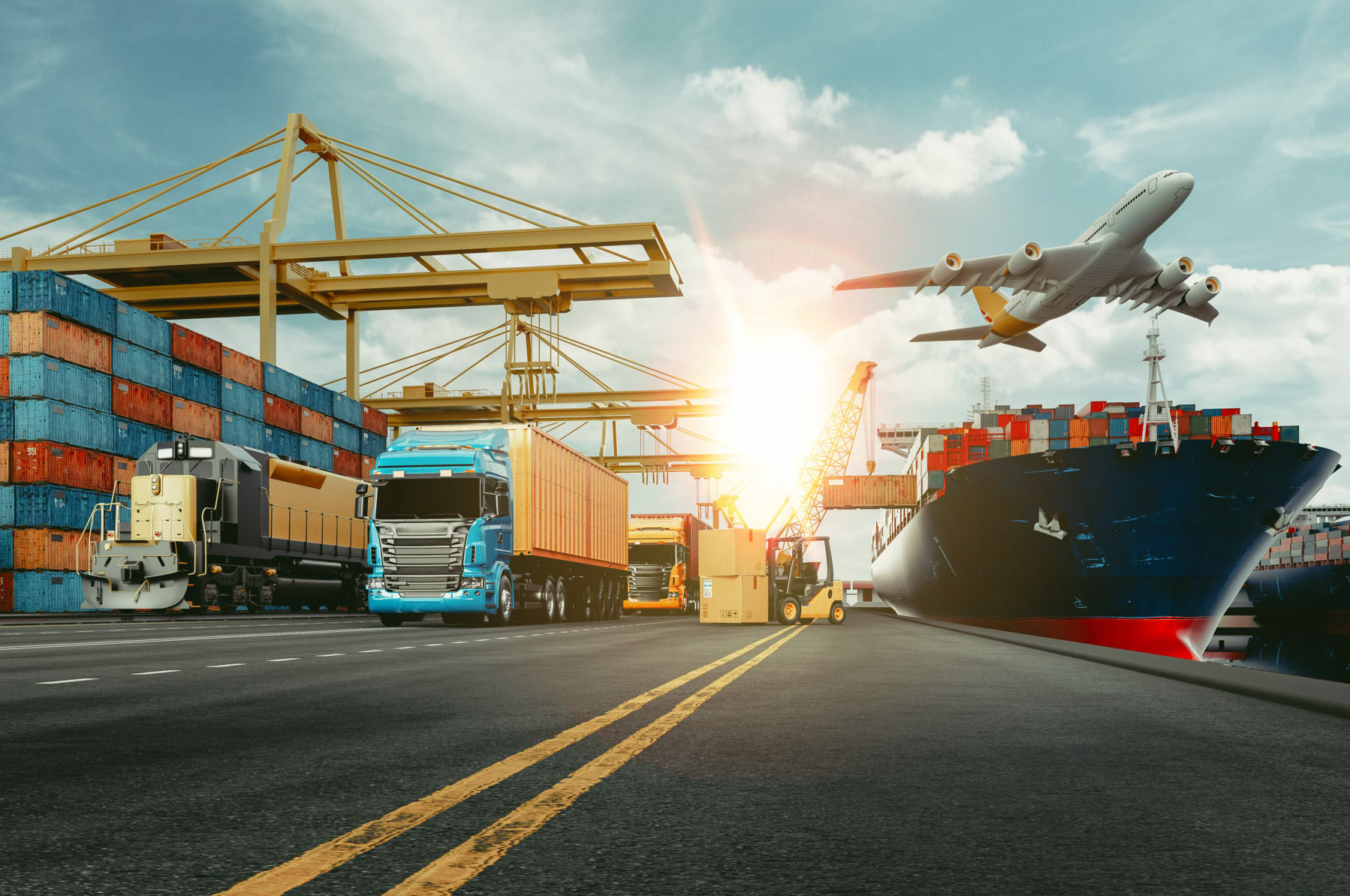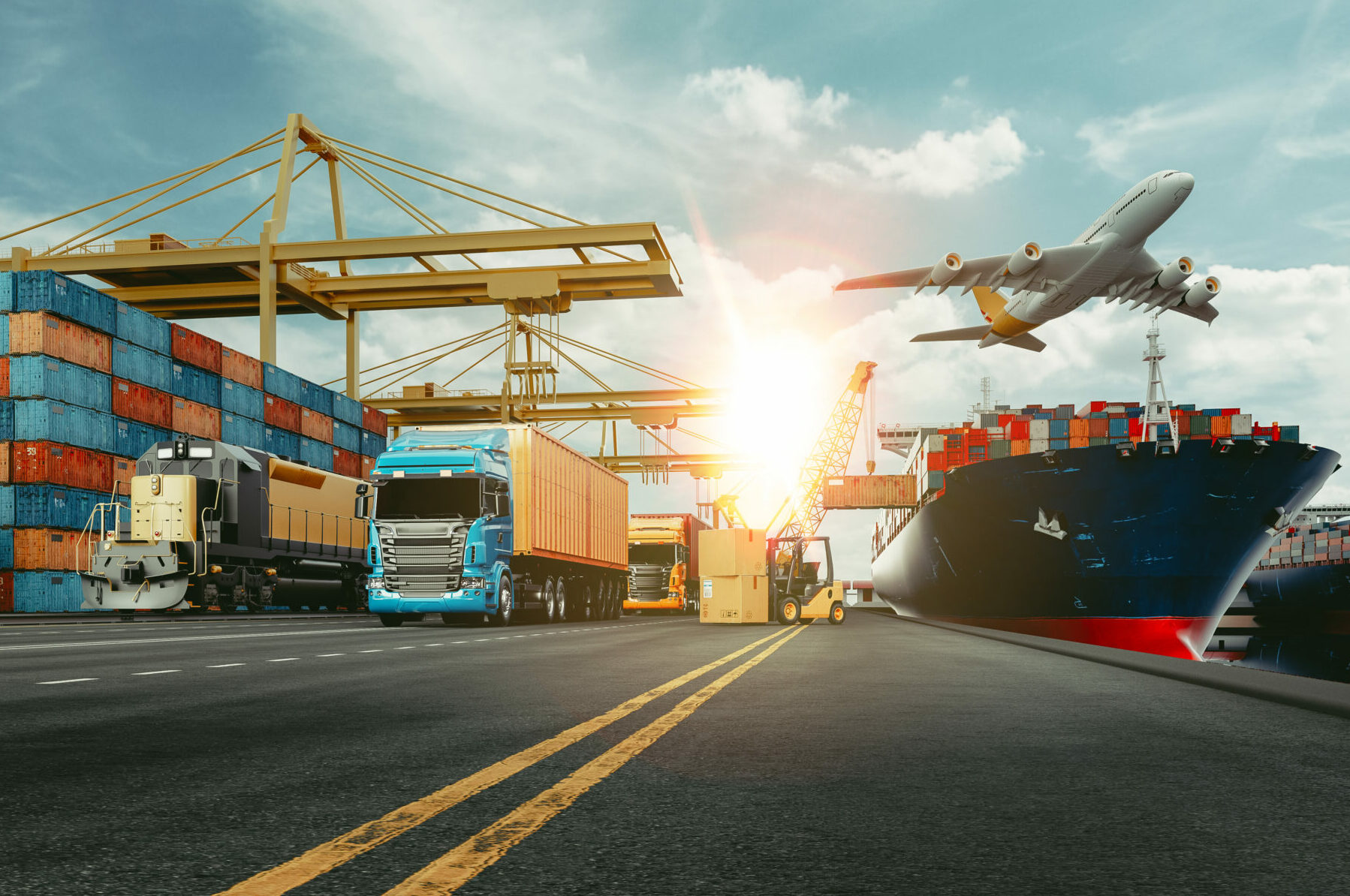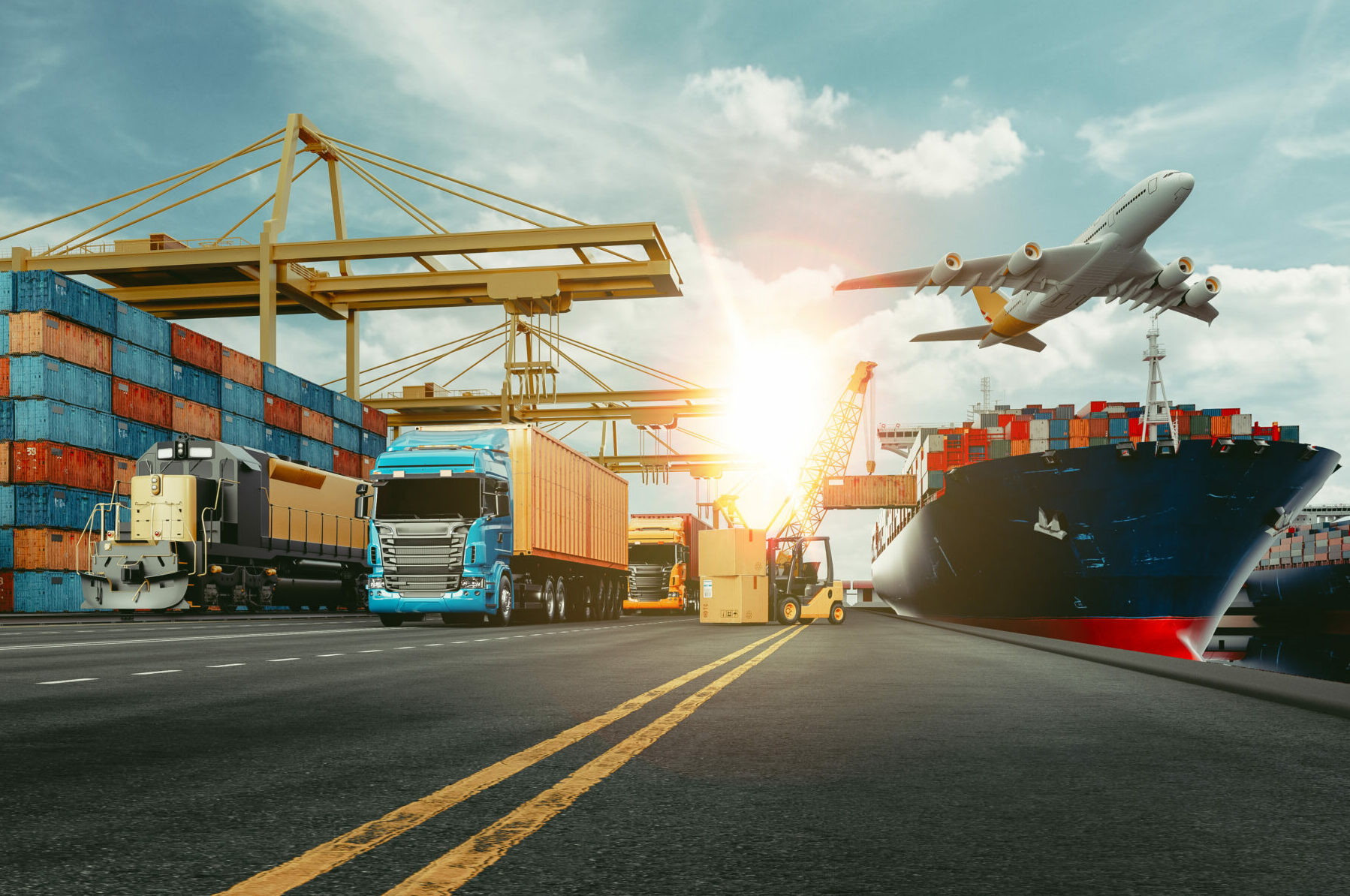The cargo forwarding industry handles billions of pounds worth of goods annually, with high-value cargo presenting unique risks and challenge…
Industrial Material Shipping Freight Insurance: Complete UK Business Guide
The transportation of industrial materials represents one of the most critical yet vulnerable aspects of modern supply chains. From steel beams and chemical compounds to construction aggregates and manufacturing components, businesses across the UK rely on the safe transit of raw materials and industrial goods to maintain operations, fulfill contracts, and sustain profitability. Yet the journey from supplier to destination is fraught with risks that can result in substantial financial losses, operational disruptions, and reputational damage.
Industrial material shipping freight insurance provides essential protection for businesses that transport or receive high-value cargo, offering coverage against damage, loss, theft, and liability during transit. Whether you're a manufacturer sourcing raw materials, a construction company receiving building supplies, a distributor moving industrial equipment, or a logistics provider handling third-party freight, understanding the nuances of freight insurance is crucial to protecting your bottom line and ensuring business continuity.
This comprehensive guide examines the key aspects of industrial material shipping freight insurance, exploring coverage options, common risks, policy features, regulatory considerations, and best practices for UK businesses operating in this complex and demanding sector.
Understanding Industrial Material Shipping Freight Insurance
Industrial material shipping freight insurance, also known as cargo insurance or goods in transit insurance, is a specialized form of commercial coverage designed to protect the financial value of goods while they're being transported from one location to another. Unlike standard business insurance policies that typically cover assets while stationary at business premises, freight insurance specifically addresses the unique risks associated with moving valuable materials across various modes of transport.
What Does Freight Insurance Cover?
A comprehensive industrial material shipping freight insurance policy typically provides protection for:
- Physical damage to cargo: Coverage for materials damaged during loading, unloading, or transit due to accidents, collisions, or mishandling
- Loss or theft: Protection against complete or partial loss of shipments due to theft, hijacking, or unexplained disappearance
- Weather-related damage: Coverage for damage caused by storms, flooding, extreme temperatures, or other adverse weather conditions
- Vehicle accidents: Protection when materials are damaged in road traffic accidents, derailments, or other transport incidents
- Fire and explosion: Coverage for materials destroyed or damaged by fire or explosion during transit or temporary storage
- Water damage: Protection against damage from water ingress, whether from weather, vehicle defects, or maritime incidents
- Contamination: Coverage for materials rendered unusable due to contamination from other cargo or environmental factors
- Jettison and general average: Protection in maritime shipping when cargo is deliberately sacrificed to save a vessel
Types of Industrial Materials Commonly Insured
Freight insurance can be tailored to cover a wide range of industrial materials, including:
- Raw metals and alloys (steel, aluminum, copper, iron ore)
- Construction materials (timber, aggregates, cement, bricks, roofing materials)
- Chemical products (industrial chemicals, petrochemicals, solvents, adhesives)
- Manufacturing components (machinery parts, electronic components, automotive parts)
- Bulk commodities (grain, coal, minerals, sand, gravel)
- Industrial equipment (pumps, compressors, generators, tools)
- Textiles and fabrics (industrial textiles, raw fibers, finished materials)
- Paper and pulp products
- Plastics and polymers
- Glass and ceramics
Key Risks in Industrial Material Shipping
Understanding the specific risks associated with transporting industrial materials is essential for selecting appropriate insurance coverage and implementing effective risk management strategies.
Transit-Related Risks
Road transport accidents: Heavy goods vehicles carrying industrial materials are vulnerable to collisions, rollovers, and mechanical failures. The weight and nature of industrial cargo can exacerbate accident severity, leading to complete loss or extensive damage to materials.
Rail derailments: For businesses using rail freight, derailments pose significant risks, particularly when transporting hazardous or fragile industrial materials. The consequences can include not only cargo loss but also environmental liability and cleanup costs.
Maritime perils: Sea freight involves unique risks including vessel sinking, grounding, collision, piracy, and container loss overboard. Industrial materials shipped internationally face extended exposure to these maritime hazards.
Air freight incidents: While less common, air transport of high-value industrial components carries risks related to aircraft accidents, mishandling during loading/unloading, and exposure to extreme altitude conditions.
Handling and Storage Risks
Loading and unloading damage: Industrial materials are particularly vulnerable during loading and unloading operations. Improper handling, inadequate equipment, or human error can result in dropped loads, crushing, or impact damage.
Temporary storage issues: Materials often require temporary storage during multi-modal journeys or when awaiting customs clearance. Inadequate storage facilities, poor security, or environmental exposure can lead to deterioration, theft, or contamination.
Packaging failures: Insufficient or inappropriate packaging is a leading cause of damage to industrial materials during transit. Heavy or irregularly shaped items require specialized packaging and securing methods.
Environmental and External Risks
Weather extremes: Industrial materials can be sensitive to temperature fluctuations, moisture, or direct sunlight. Extreme weather events including storms, floods, and heatwaves pose significant threats during transport.
Theft and security breaches: High-value industrial materials, particularly metals and electronic components, are attractive targets for organized theft. Cargo theft from vehicles, warehouses, and ports represents a growing concern across the UK and Europe.
Contamination: Chemical spills, cross-contamination from other cargo, or exposure to pollutants can render industrial materials unusable, particularly in industries with strict quality standards.
Regulatory and Documentation Risks
Customs delays and seizures: International shipments face risks related to customs inspections, documentation errors, or regulatory non-compliance that can result in delays, additional costs, or cargo seizure.
Hazardous material regulations: Transportation of hazardous industrial materials is subject to strict regulations. Non-compliance can result in fines, liability claims, and insurance coverage disputes.
Essential Policy Features and Coverage Options
When selecting industrial material shipping freight insurance, businesses should carefully evaluate policy features to ensure comprehensive protection aligned with their specific operational needs.
Coverage Basis
All-risks coverage: The most comprehensive option, all-risks policies cover loss or damage from any cause except those specifically excluded. This provides broad protection suitable for high-value or sensitive industrial materials.
Named perils coverage: These policies cover only risks specifically listed in the policy document, such as fire, theft, collision, or weather damage. While more affordable, named perils coverage may leave gaps in protection.
Total loss only: The most basic coverage, protecting only against complete loss of cargo. This option is typically suitable only for low-value bulk materials where partial damage is less financially significant.
Valuation Methods
Agreed value: The insured value is agreed upon when the policy is purchased, providing certainty about claim settlements. This is particularly important for materials with fluctuating market values.
Invoice value: Coverage based on the commercial invoice value of the goods, typically including the cost of materials plus freight and insurance charges (CIF value).
Market value: Claims are settled based on the market value of materials at the destination point, which may differ from purchase price due to market fluctuations.
Geographic Coverage
Policies can be structured to cover specific geographic areas:
- UK domestic: Coverage for shipments within the United Kingdom only
- European Union: Extended coverage for shipments to and from EU member states
- Worldwide excluding certain regions: Global coverage with exclusions for high-risk areas
- Worldwide including high-risk areas: Comprehensive global coverage with potential premium surcharges for elevated-risk destinations
Additional Coverage Extensions
War and strikes coverage: Optional extension covering loss or damage resulting from war, civil unrest, strikes, or terrorism, particularly important for international shipments.
Delay coverage: Protection against financial losses resulting from delayed delivery, including consequential losses such as production downtime or contract penalties.
Duty and tax coverage: Coverage for import duties and taxes paid on goods that are subsequently lost or damaged during transit.
Refrigeration breakdown: Specialized coverage for temperature-sensitive industrial materials requiring controlled environments during transport.
Debris removal and disposal: Coverage for costs associated with removing and disposing of damaged materials, particularly important for hazardous substances.
Liability Considerations in Freight Insurance
Understanding liability is crucial when arranging freight insurance, as responsibility for loss or damage can vary depending on contractual terms, transport modes, and carrier agreements.
Carrier Liability Limitations
Transport carriers typically have limited liability for cargo damage or loss, often governed by international conventions and domestic regulations:
Road transport: The CMR Convention (Convention on the Contract for the International Carriage of Goods by Road) limits carrier liability to approximately £8.50 per kilogram of gross weight, which may be substantially less than the actual value of industrial materials.
Rail transport: Similar limitations apply under the CIM Convention (Convention concerning International Carriage by Rail), with carriers liable only up to specified limits per kilogram.
Sea freight: The Hague-Visby Rules limit carrier liability to approximately £2 per kilogram or £666 per package, whichever is higher, unless higher value is declared and additional freight charges paid.
Air freight: The Montreal Convention limits carrier liability to approximately £17 per kilogram unless higher value is declared.
These limitations mean that carrier liability rarely covers the full value of industrial materials, making comprehensive freight insurance essential for adequate protection.
Incoterms and Insurance Responsibility
International Commercial Terms (Incoterms) define responsibilities between buyers and sellers, including who bears the risk and insurance obligation during transit:
- EXW (Ex Works): Buyer assumes all risk and insurance responsibility from seller's premises
- FCA (Free Carrier): Risk transfers to buyer when goods are delivered to carrier
- CIF (Cost, Insurance, and Freight): Seller must arrange and pay for minimum insurance coverage
- CIP (Carriage and Insurance Paid To): Seller must arrange insurance with broader coverage than CIF
- DAP (Delivered at Place): Seller bears risk until goods are delivered to named destination
Businesses must clearly understand their Incoterms obligations and ensure insurance arrangements align with contractual responsibilities.
Cost Factors and Premium Considerations
Industrial material shipping freight insurance premiums vary significantly based on multiple risk factors that insurers evaluate when calculating costs.
Material-Specific Factors
- Value and volume: Higher-value shipments attract higher premiums, though rates per unit value typically decrease for larger shipments
- Material characteristics: Fragile, hazardous, or theft-prone materials command higher premiums than robust, low-risk commodities
- Packaging quality: Professional, robust packaging can reduce premiums by demonstrating effective risk mitigation
- Susceptibility to damage: Materials prone to weather damage, contamination, or deterioration face higher insurance costs
Transit-Related Factors
- Transport mode: Sea freight typically has lower rates than air freight; road transport rates vary by distance and route
- Journey duration: Longer transit times increase exposure and premium costs
- Route security: Shipments through high-crime or politically unstable regions attract premium surcharges
- Frequency: Regular, high-volume shippers can negotiate better rates through annual or open cover policies
Business and Operational Factors
- Claims history: Businesses with frequent claims face higher premiums or coverage restrictions
- Risk management practices: Demonstrated security measures, quality control, and carrier vetting can reduce costs
- Policy excess: Higher voluntary excess reduces premiums but increases out-of-pocket costs for claims
- Coverage breadth: All-risks coverage costs more than named perils or total loss only policies
Typical premium rates for industrial material freight insurance range from 0.1% to 2% of cargo value, though high-risk shipments or specialized materials may command higher rates.
Claims Process and Documentation Requirements
Understanding the claims process and maintaining proper documentation is essential for successful claim settlements when loss or damage occurs.
Immediate Actions Following Loss or Damage
- Notify all parties: Immediately inform the carrier, insurance broker, and insurer of the loss or damage
- Preserve evidence: Photograph damage, retain damaged materials where possible, and secure the accident scene
- Obtain carrier documentation: Ensure the carrier provides written acknowledgment of damage or loss on delivery documents
- Mitigate further loss: Take reasonable steps to prevent additional damage or deterioration of salvageable materials
- Preserve damaged goods: Do not dispose of damaged materials until the insurer has inspected and authorized disposal
Essential Documentation for Claims
Successful freight insurance claims require comprehensive documentation demonstrating the loss and its value:
- Commercial invoice: Original invoice showing the value of materials shipped
- Packing list: Detailed list of materials included in the shipment
- Bill of lading or consignment note: Transport document evidencing the contract of carriage
- Insurance certificate or policy: Proof of insurance coverage for the specific shipment
- Survey report: Independent surveyor's assessment of damage and estimated loss value
- Correspondence with carrier: All communications regarding the claim against the carrier
- Photographs: Visual evidence of damage, packaging condition, and accident scene
- Delivery receipt: Signed delivery documents noting any damage or shortage
- Repair estimates or replacement quotes: Documentation of costs to repair or replace damaged materials
Claims Timeline and Settlement
The claims process typically follows this timeline:
- Initial notification (within 24-48 hours): Prompt notification to insurer of loss or damage
- Formal claim submission (within 7-14 days): Complete claim form with supporting documentation
- Assessment and investigation (2-4 weeks): Insurer reviews documentation, may appoint surveyor or loss adjuster
- Settlement offer (4-8 weeks): Insurer makes settlement offer based on policy terms and evidence
- Payment (1-2 weeks after acceptance): Claim payment processed following agreement
Complex claims involving disputes over liability, valuation, or policy interpretation may take considerably longer to resolve.
Risk Management Best Practices
While insurance provides essential financial protection, implementing robust risk management practices reduces the likelihood of losses and can lower insurance costs.
Carrier Selection and Vetting
Choosing reliable carriers is fundamental to minimizing transit risks:
- Verify carrier licensing, insurance coverage, and regulatory compliance
- Review carrier safety records and accident history
- Assess carrier experience with specific material types
- Evaluate carrier security measures for high-value or theft-prone materials
- Establish preferred carrier relationships with proven track records
- Conduct periodic carrier performance reviews
Packaging and Securing Standards
Proper packaging significantly reduces damage risks during transit:
- Use packaging appropriate for material characteristics and transport mode
- Comply with industry-specific packaging standards and regulations
- Ensure adequate cushioning, bracing, and moisture protection
- Properly label packages with handling instructions and hazard warnings
- Use tamper-evident seals for high-value or sensitive materials
- Document packaging methods with photographs for insurance purposes
Tracking and Monitoring
Modern technology enables real-time shipment monitoring:
- Implement GPS tracking for high-value shipments
- Use temperature and humidity sensors for sensitive materials
- Establish geofencing alerts for route deviations
- Require regular check-ins from drivers on long-distance journeys
- Monitor shipment status through carrier tracking systems
- Maintain communication protocols for addressing delays or issues
Documentation and Record-Keeping
Comprehensive documentation supports both risk management and claims processing:
- Maintain detailed records of all shipments including contents, value, and routing
- Photograph materials before packaging and loading
- Retain all transport documents, invoices, and correspondence
- Document pre-existing damage or material defects before shipment
- Keep copies of carrier contracts and insurance certificates
- Establish systematic filing and retrieval systems for shipping documentation
Regulatory Compliance and Legal Considerations
Industrial material shipping is subject to extensive regulatory requirements that impact insurance coverage and liability.
Hazardous Materials Regulations
Transportation of hazardous industrial materials requires compliance with:
- ADR (European Agreement concerning the International Carriage of Dangerous Goods by Road): Governs road transport of hazardous materials across Europe
- RID (Regulations concerning the International Carriage of Dangerous Goods by Rail): Regulates rail transport of dangerous goods
- IMDG Code (International Maritime Dangerous Goods Code): Controls sea transport of hazardous materials
- IATA Dangerous Goods Regulations: Governs air transport of hazardous materials
Non-compliance can void insurance coverage and result in substantial fines, criminal liability, and environmental cleanup costs.
Environmental Liability
Businesses transporting industrial materials face potential environmental liability for:
- Pollution from spills or leaks during transit
- Contamination of soil, water, or air from accidents
- Cleanup costs following environmental incidents
- Third-party claims for environmental damage
- Regulatory fines and penalties for environmental violations
Standard freight insurance may not cover environmental liability, requiring specialized environmental impairment liability insurance.
Customs and International Trade
International shipments must comply with:
- Accurate customs declarations and valuation
- Import/export licensing for controlled materials
- Sanctions compliance and restricted party screening
- Country-of-origin documentation and certification
- Payment of applicable duties, taxes, and fees
Customs violations can result in cargo seizure, fines, and potential criminal prosecution, with insurance implications for detained or confiscated goods.
Selecting the Right Freight Insurance Policy
Choosing appropriate freight insurance requires careful evaluation of business needs, risk exposure, and policy options.
Single Shipment vs. Annual Coverage
Single shipment policies: Suitable for businesses with occasional or irregular shipping needs. Each shipment is insured individually with premiums based on specific cargo value and risk factors. This approach offers flexibility but typically results in higher per-shipment costs.
Annual open cover policies: Ideal for businesses with regular, ongoing shipping activities. These policies provide automatic coverage for all shipments within agreed parameters during the policy period. Benefits include simplified administration, lower overall premiums, and guaranteed coverage without individual declarations.
Policy Limits and Deductibles
Businesses must determine appropriate coverage limits based on:
- Maximum value of individual shipments
- Total annual shipping volume and value
- Potential consequential loss exposure
- Risk tolerance and financial capacity to absorb losses
Deductibles (policy excess) represent the amount the insured pays before insurance coverage applies. Higher deductibles reduce premiums but increase out-of-pocket costs for claims. Businesses should balance premium savings against their ability to absorb smaller losses.
Specialist vs. Standard Coverage
Certain industrial materials may require specialist insurance arrangements:
- High-value materials: Precious metals, rare materials, or expensive components may need enhanced coverage with additional security requirements
- Hazardous materials: Chemical, flammable, or toxic materials require specialized policies addressing environmental liability and regulatory compliance
- Temperature-sensitive materials: Materials requiring refrigeration or climate control need policies covering refrigeration breakdown and temperature excursion
- Oversized or heavy materials: Abnormal loads may require specialist coverage addressing unique handling and transport risks
Working with Insurance Brokers and Providers
Partnering with experienced insurance professionals is valuable for navigating the complexities of freight insurance.
Benefits of Using Specialist Brokers
Freight insurance brokers offer several advantages:
- Market access: Brokers have relationships with multiple insurers, enabling competitive quotes and specialized coverage options
- Expert guidance: Professional brokers understand industry-specific risks and can recommend appropriate coverage
- Policy negotiation: Brokers negotiate terms, conditions, and pricing on behalf of clients
- Claims advocacy: Brokers assist with claims preparation and advocate for fair settlements
- Ongoing support: Regular policy reviews ensure coverage remains appropriate as business needs evolve
Questions to Ask Potential Insurers
When evaluating freight insurance providers, businesses should ask:
- What specific exclusions apply to our materials and transport methods?
- How are claims valued and settled (replacement cost, actual cash value, agreed value)?
- What is the typical claims settlement timeframe?
- Are there geographic restrictions or high-risk area exclusions?
- What documentation is required for claims?
- Are there minimum security requirements for coverage?
- How does the policy address multi-modal transport?
- What happens if carrier liability limits are exceeded?
- Are there restrictions on carrier selection?
- What risk management support does the insurer provide?
Conclusion
Industrial material shipping freight insurance is an essential component of comprehensive risk management for UK businesses involved in manufacturing, construction, distribution, and logistics. The financial consequences of cargo loss or damage can be severe, potentially threatening business viability, disrupting supply chains, and damaging customer relationships.
Effective freight insurance protection requires understanding the specific risks associated with industrial materials, selecting appropriate coverage options, maintaining comprehensive documentation, and implementing robust risk management practices. Businesses must carefully evaluate policy features including coverage basis, valuation methods, geographic scope, and liability provisions to ensure adequate protection aligned with operational needs.
The complexities of carrier liability limitations, Incoterms obligations, and regulatory compliance make professional guidance valuable. Working with experienced insurance brokers who understand industrial material shipping enables businesses to access competitive coverage, navigate policy complexities, and receive expert support during claims processes.
As supply chains become increasingly global and complex, the importance of comprehensive freight insurance continues to grow. Businesses that invest in appropriate coverage, combined with proactive risk management, position themselves to weather the inevitable challenges of industrial material transportation while protecting their financial stability and operational continuity.
For UK businesses seeking to protect their industrial material shipments, the time to arrange comprehensive freight insurance is before the first shipment departs, not after a costly loss occurs. By understanding coverage options, implementing best practices, and partnering with specialist insurance professionals, businesses can confidently transport valuable materials while safeguarding against the financial risks inherent in modern freight operations.
Protect Your Industrial Material Shipments Today
At Insure24, we specialize in providing comprehensive freight insurance solutions tailored to the unique needs of UK businesses transporting industrial materials. Our experienced team understands the complexities of cargo insurance and works with leading insurers to deliver competitive coverage that protects your valuable shipments.
Whether you're shipping raw materials, manufacturing components, construction supplies, or specialized industrial equipment, we can arrange appropriate coverage that addresses your specific risks and operational requirements.
Get a tailored freight insurance quote today:
Call: 0330 127 2333
Visit: www.insure24.co.uk
Our specialist advisors are ready to discuss your industrial material shipping insurance needs and provide expert guidance on protecting your business from transit risks.


 0330 127 2333
0330 127 2333

